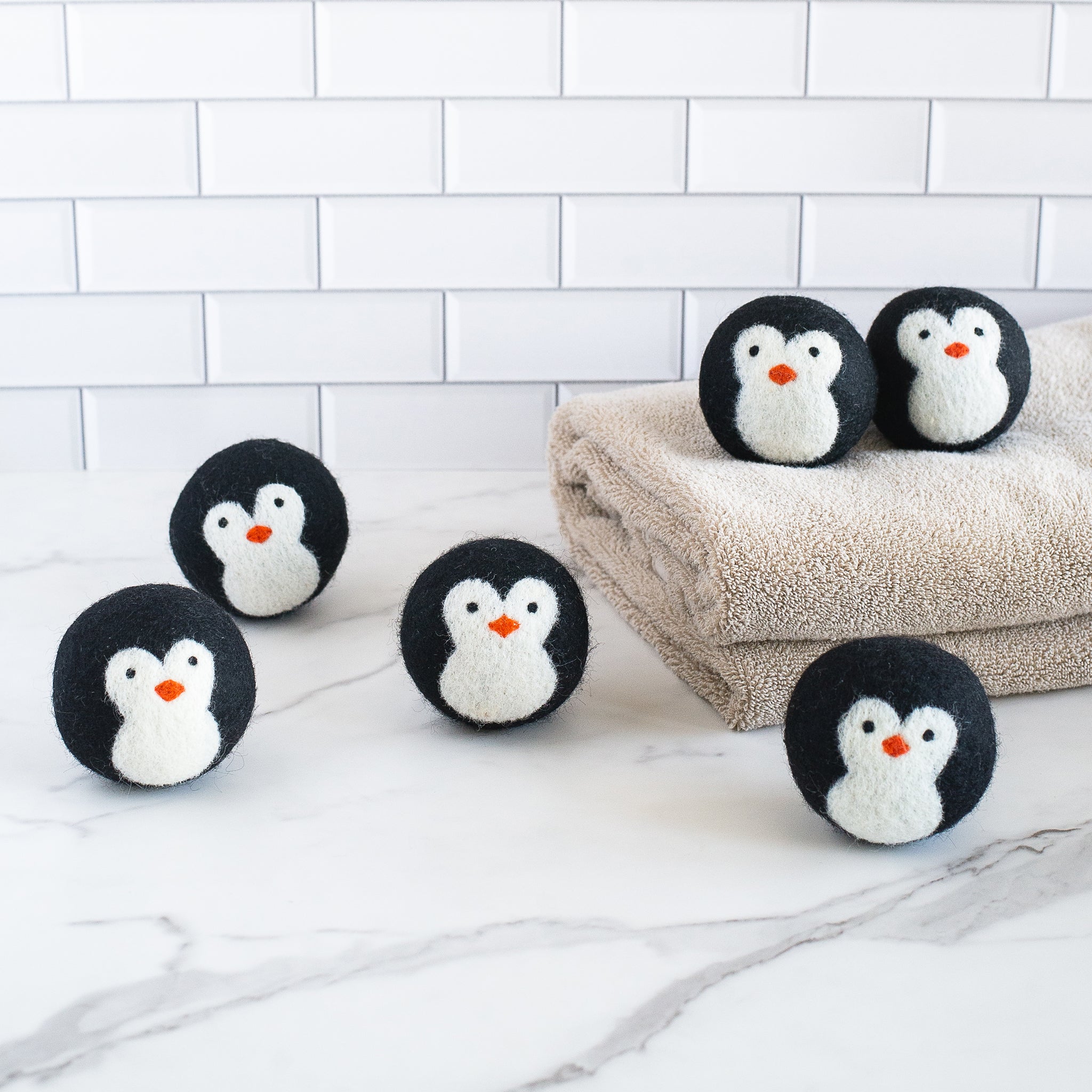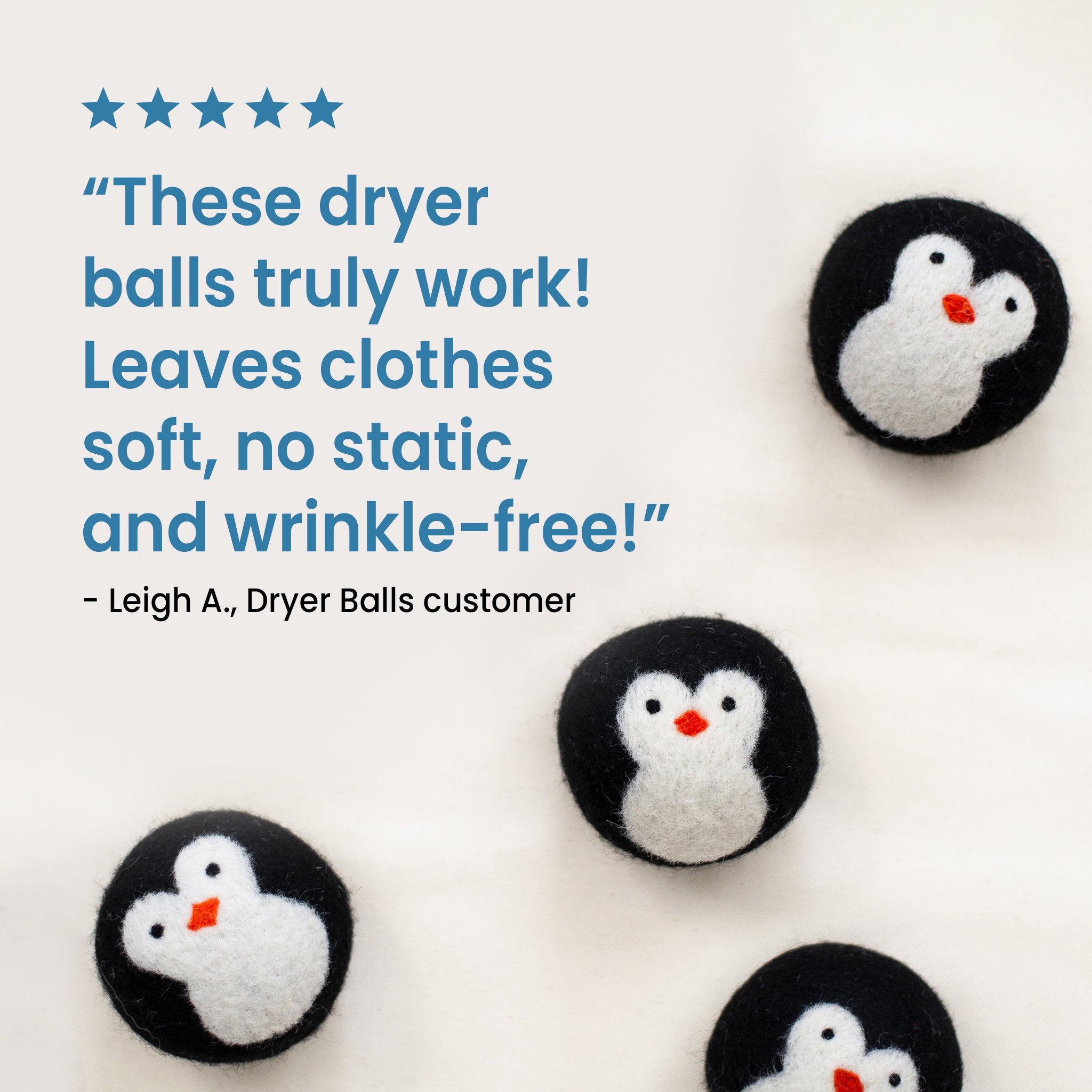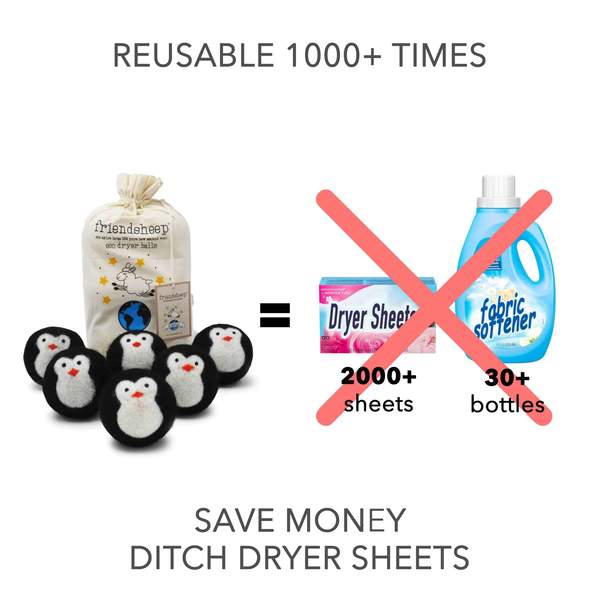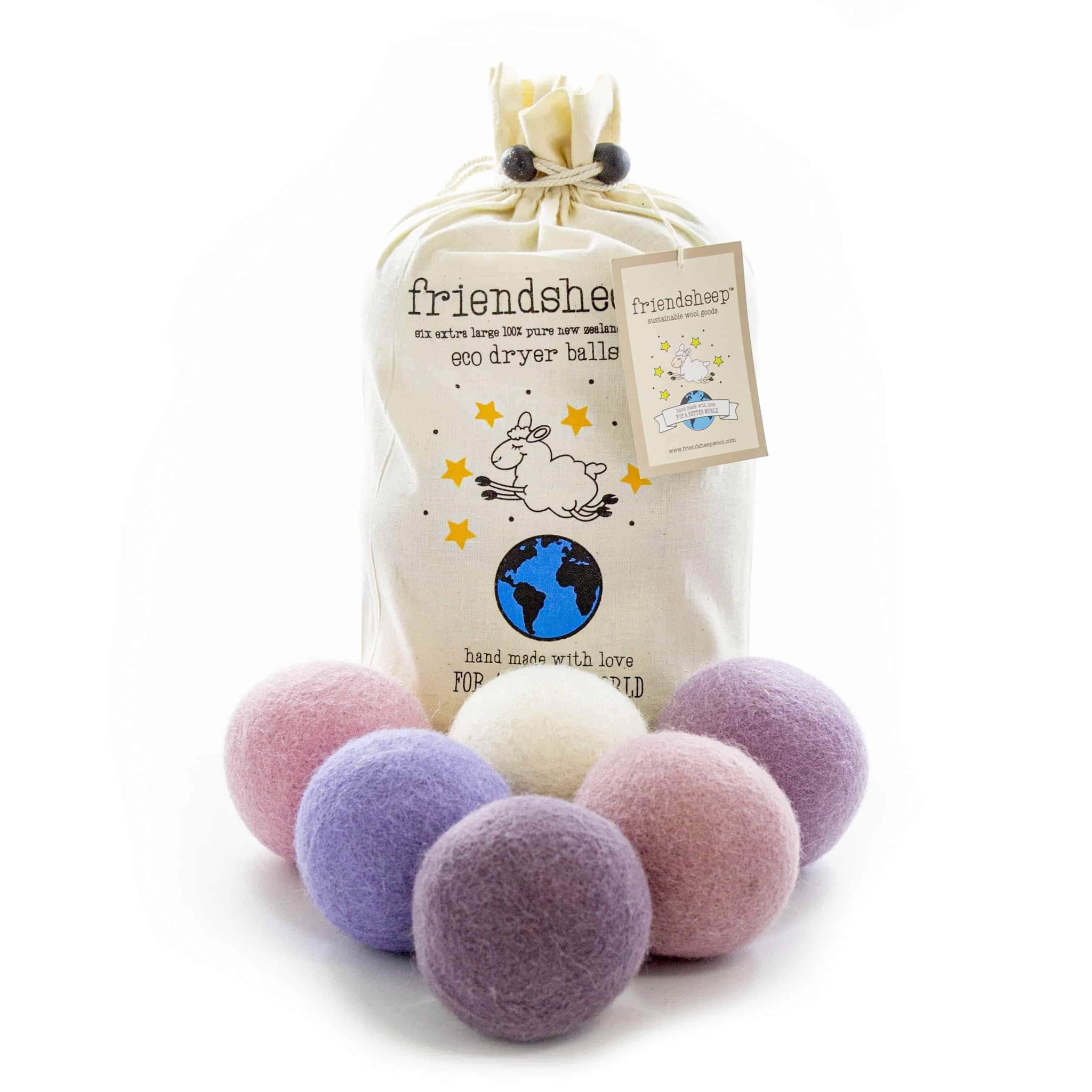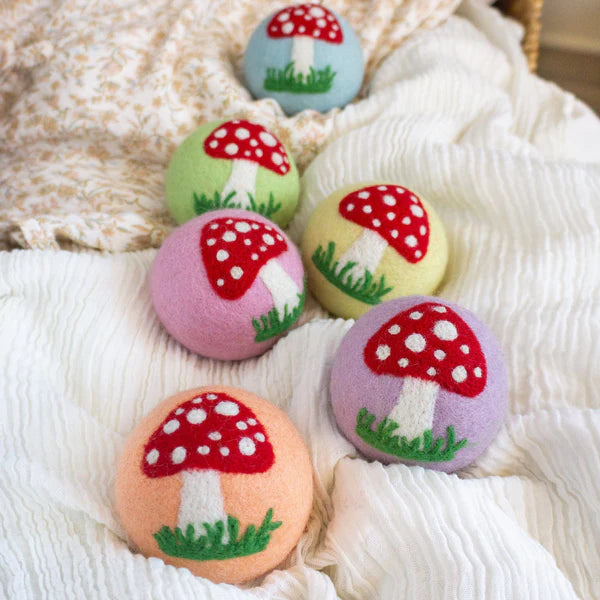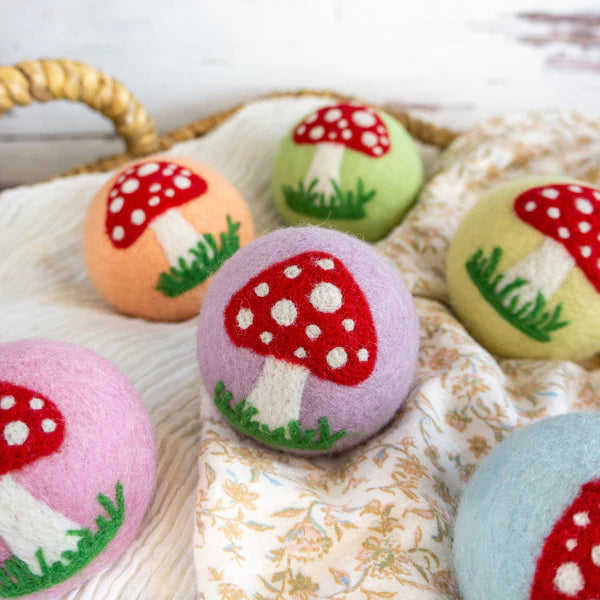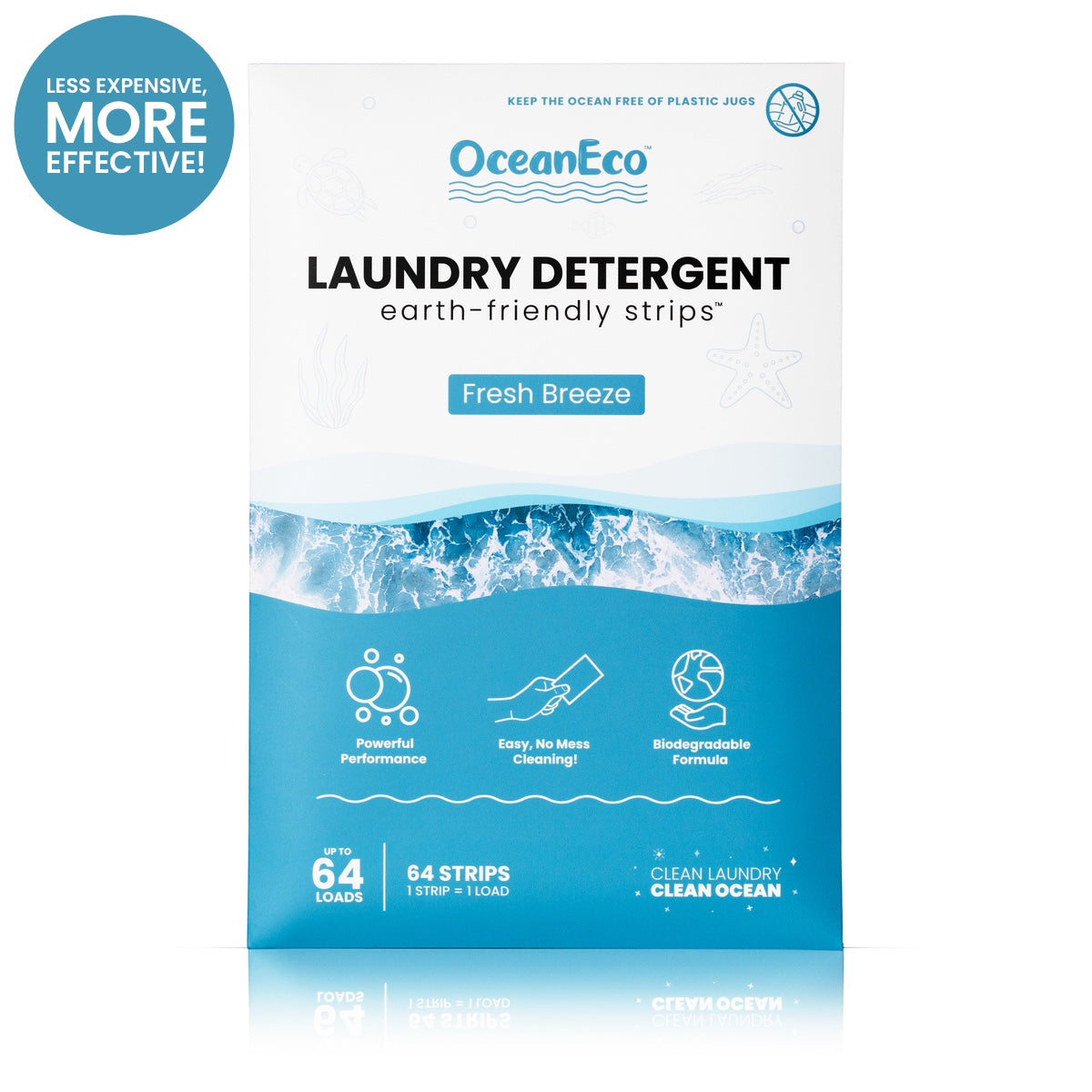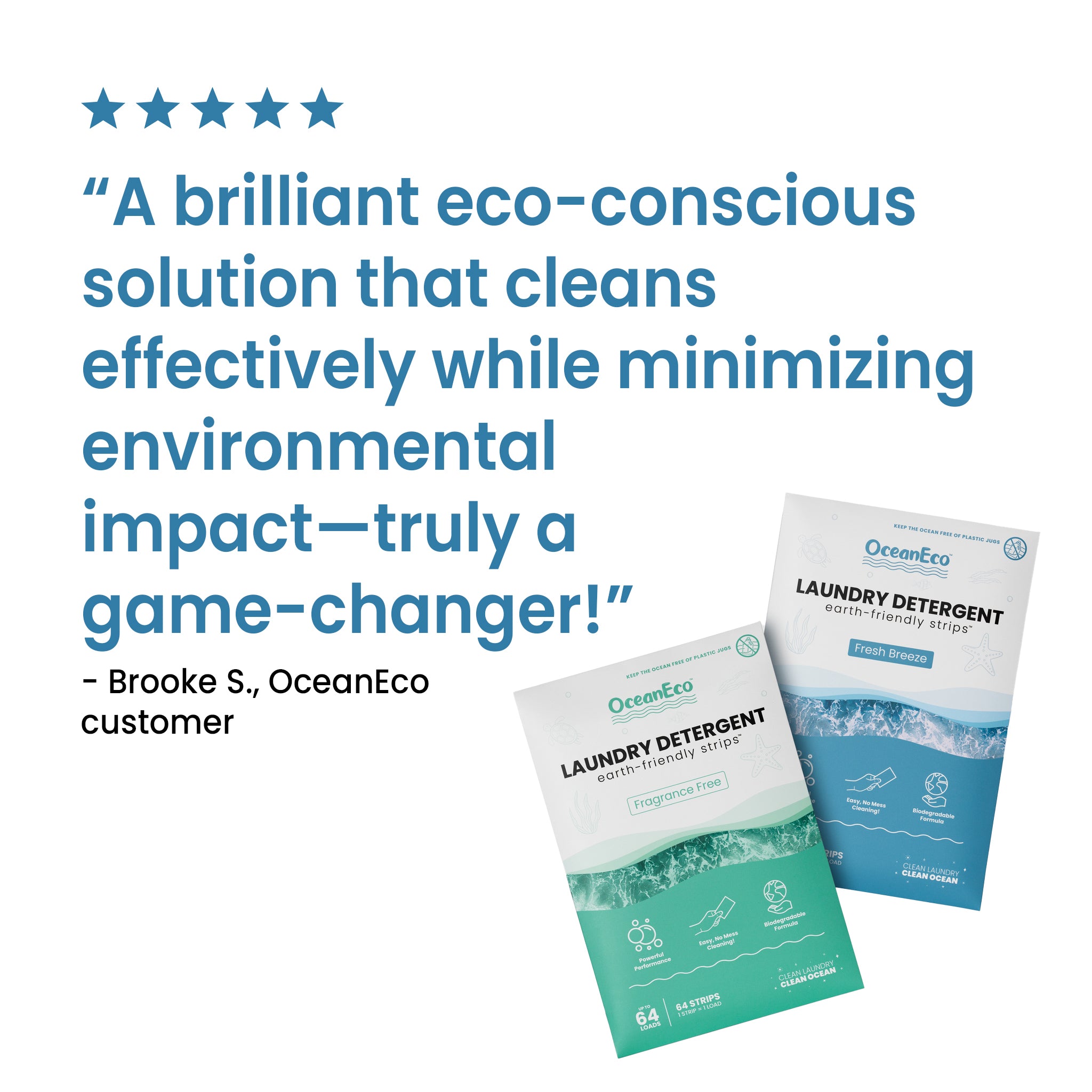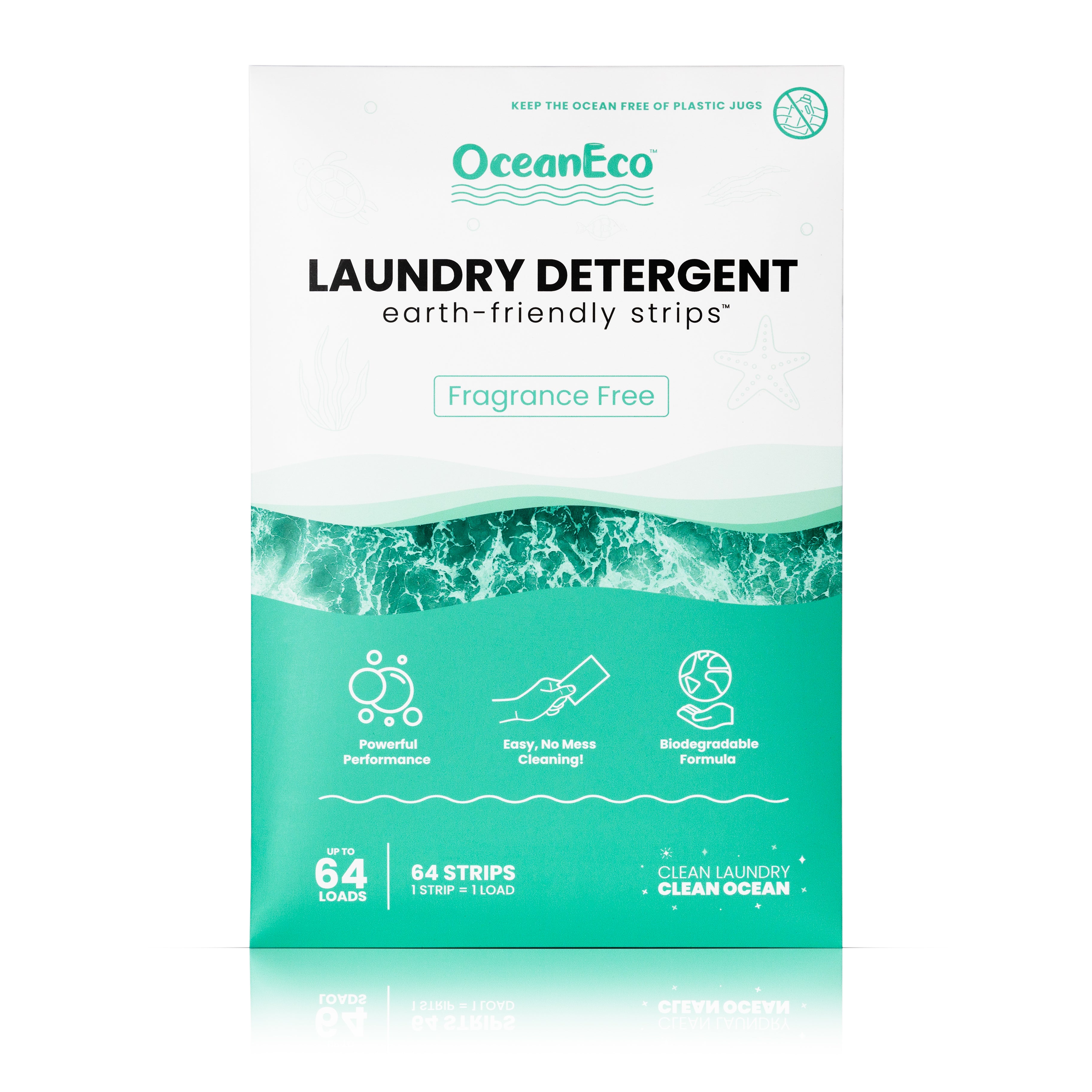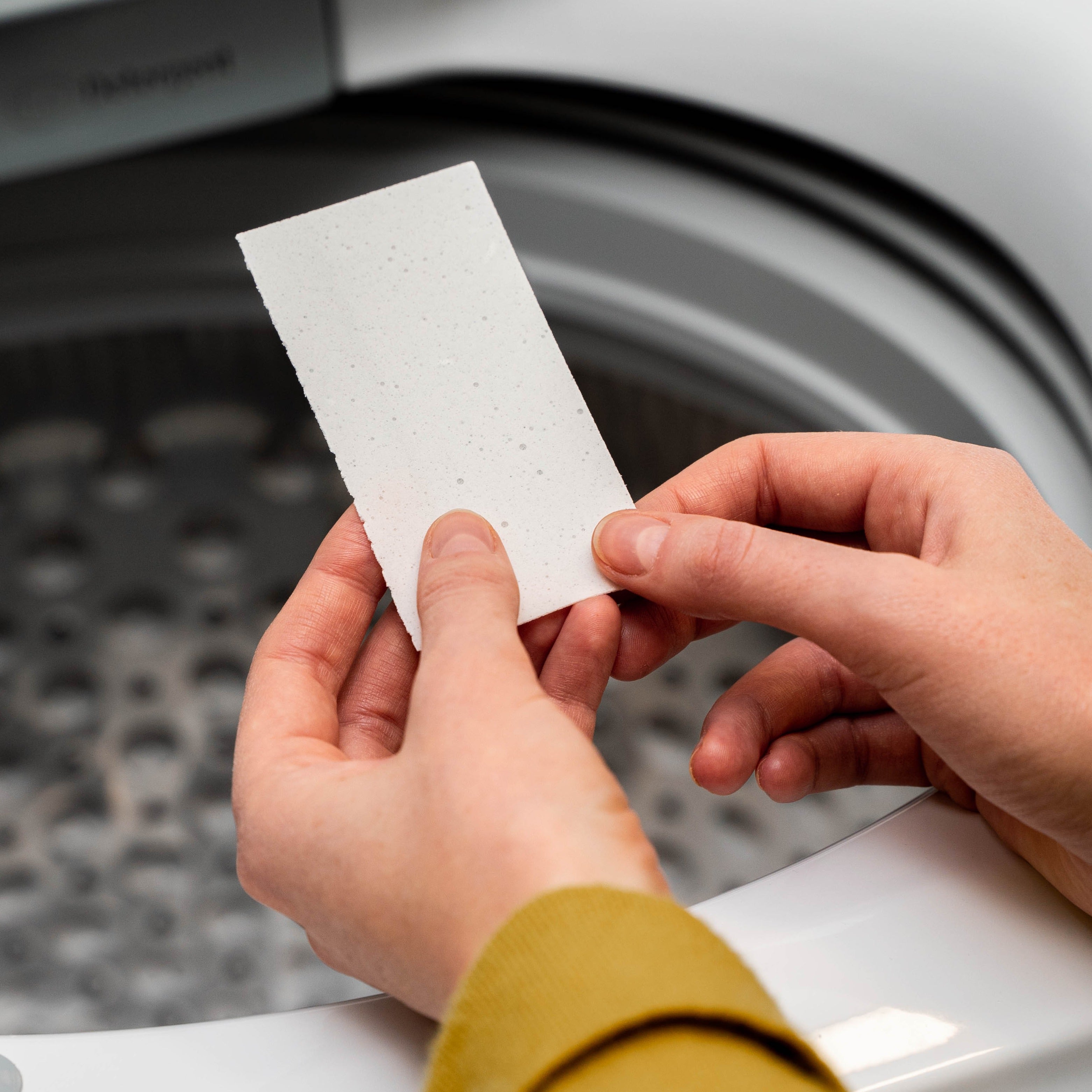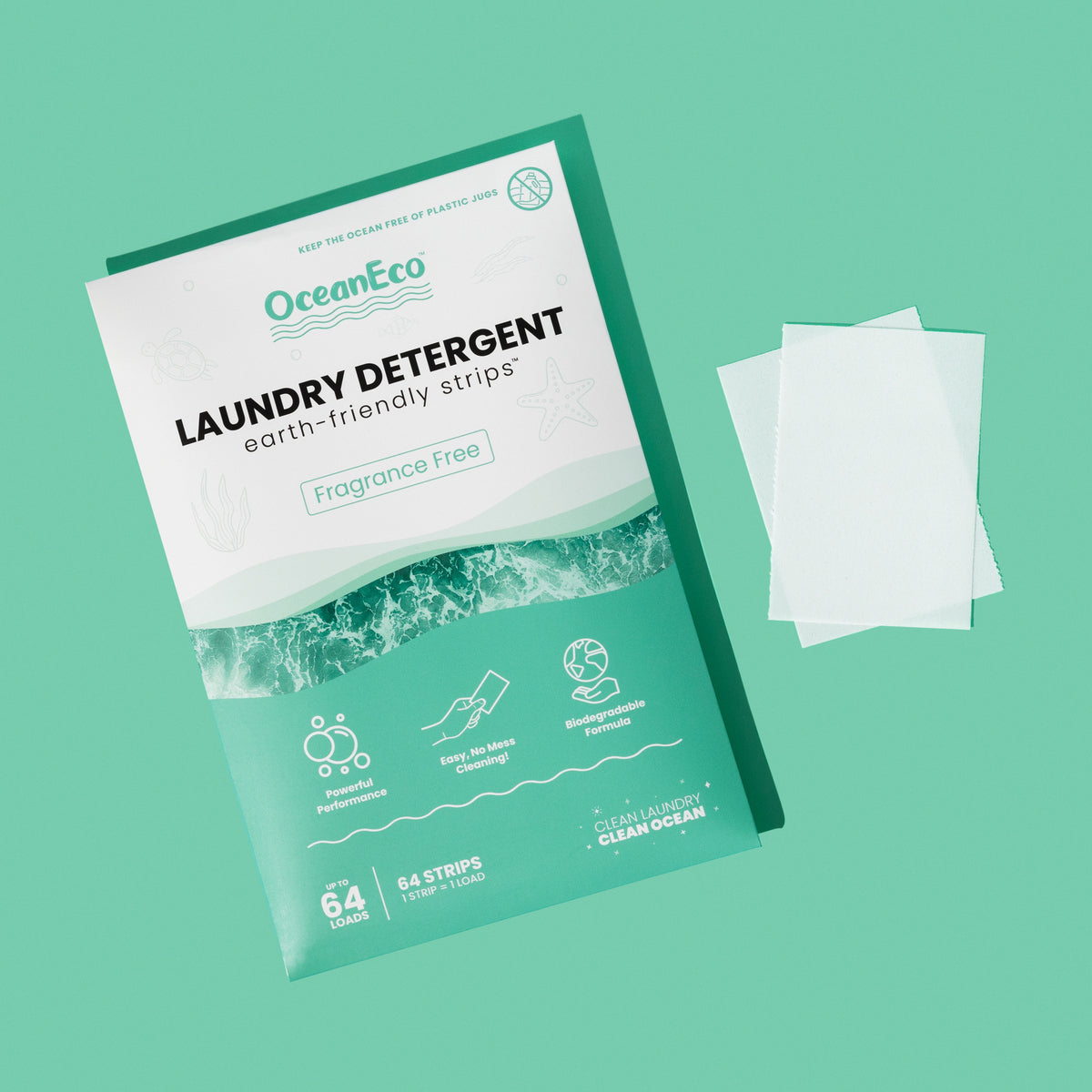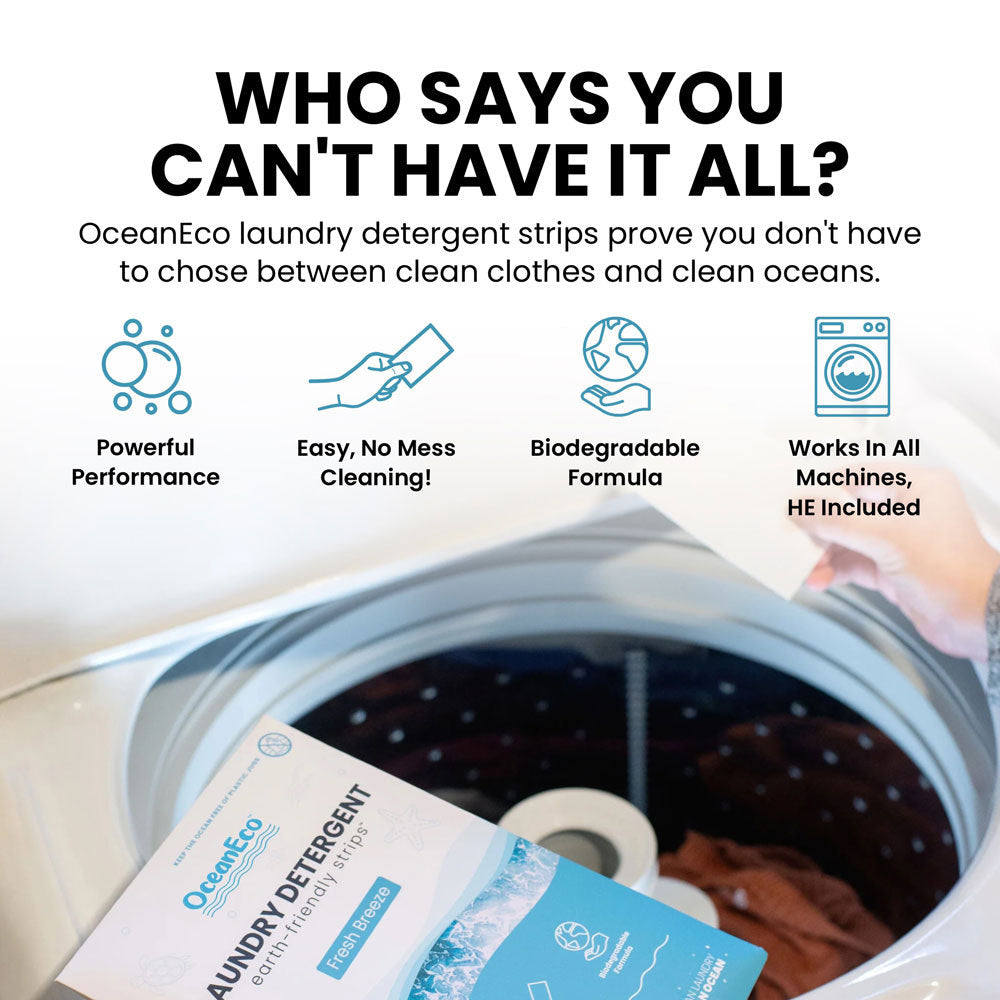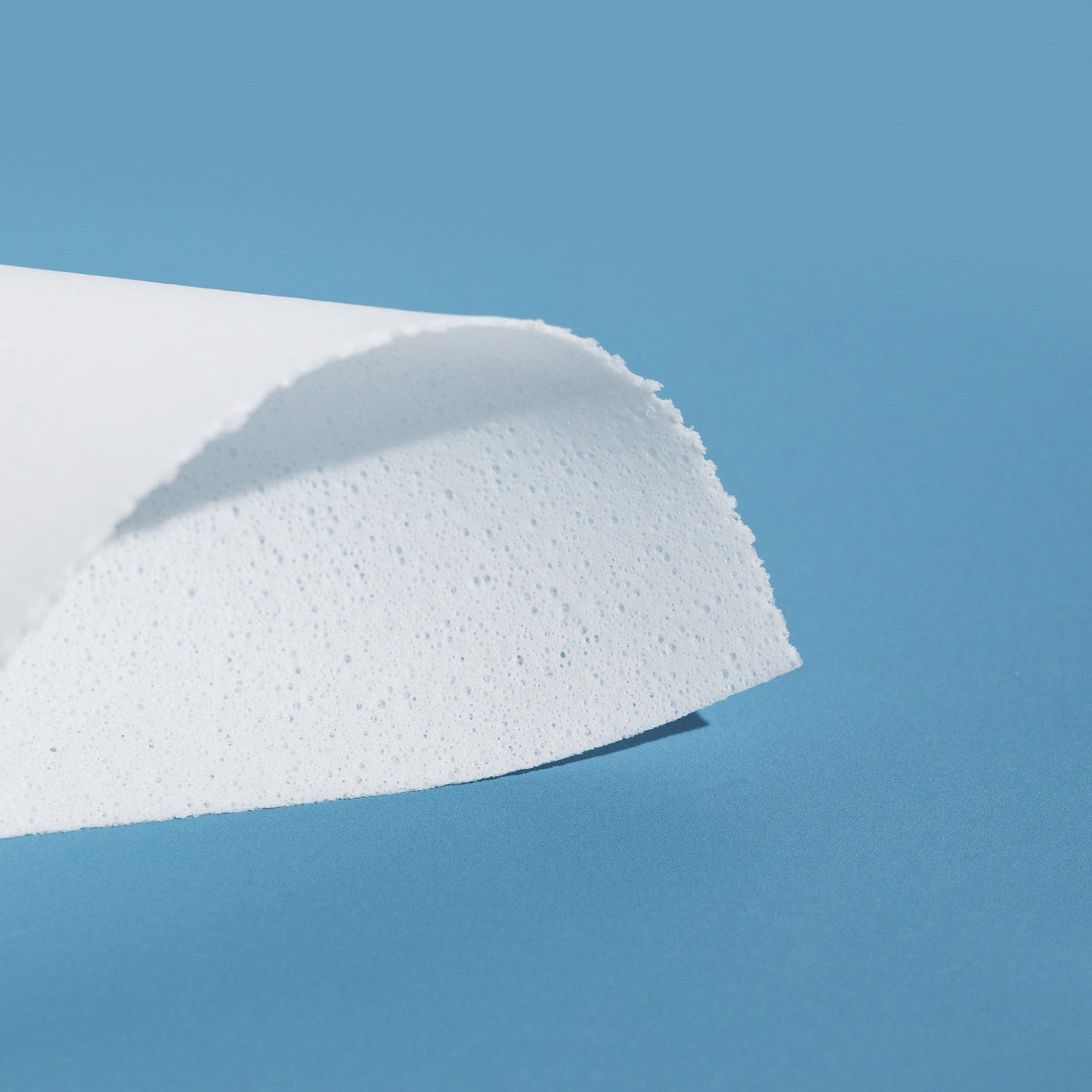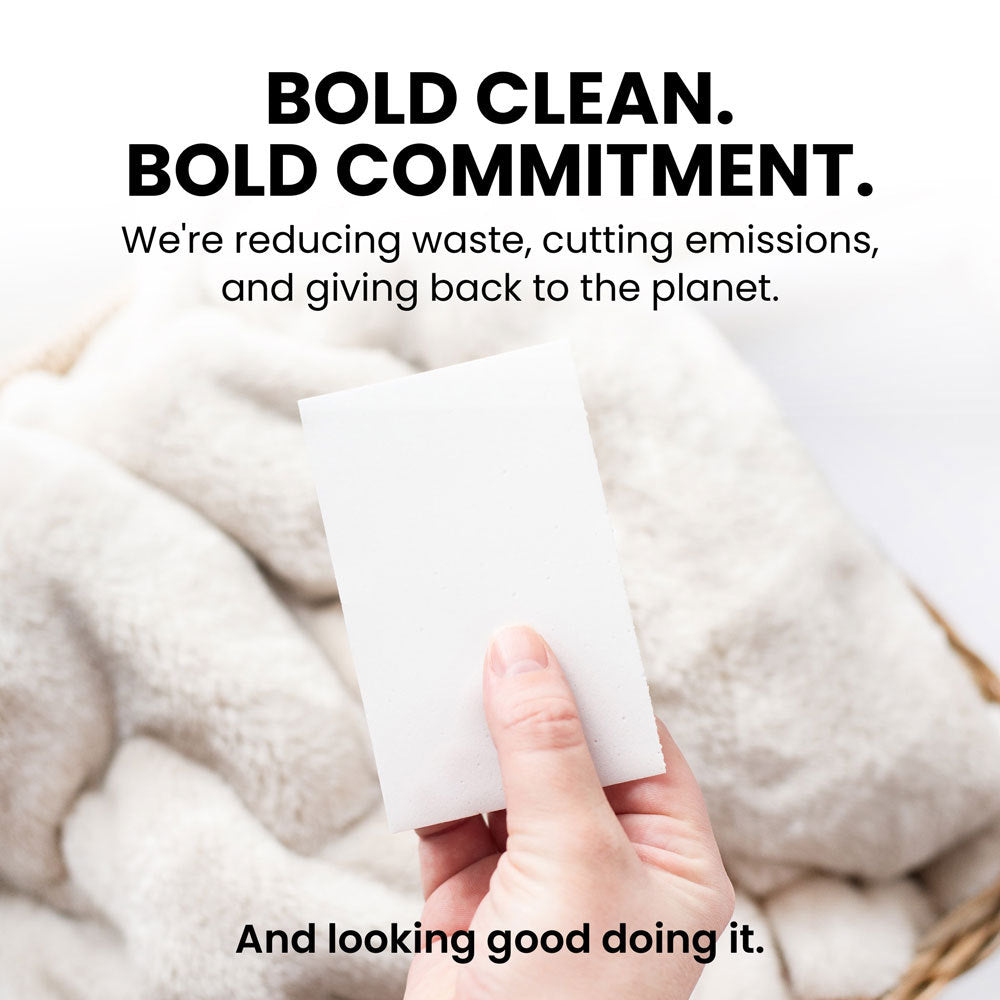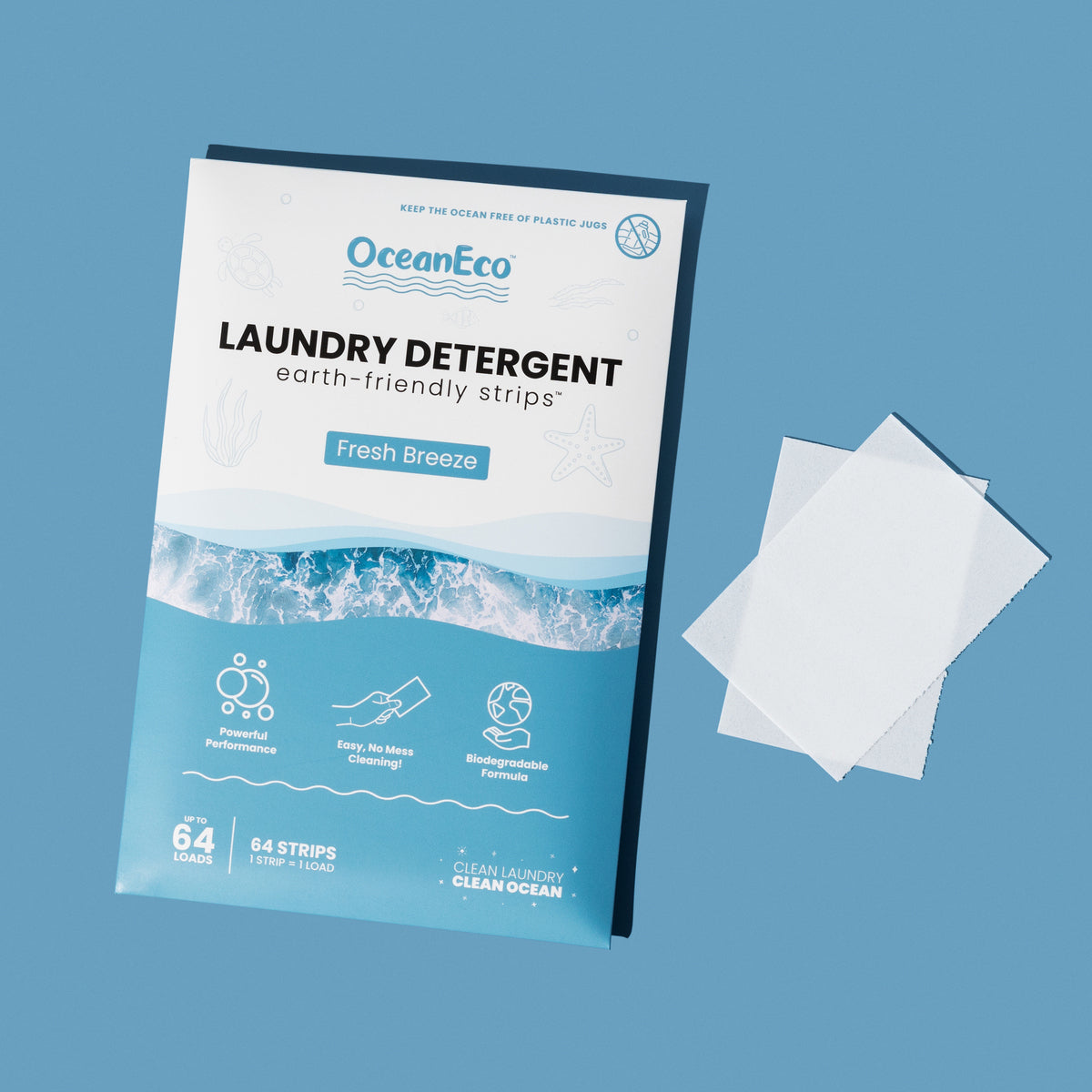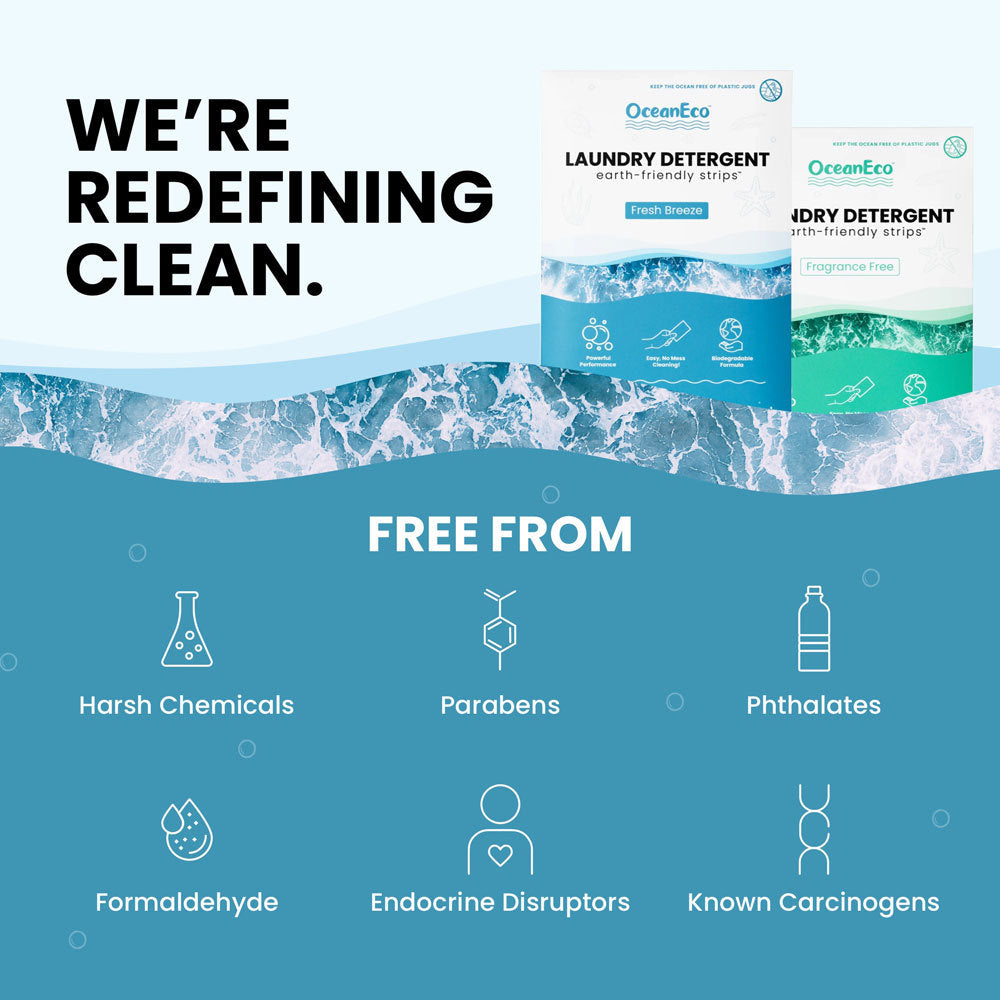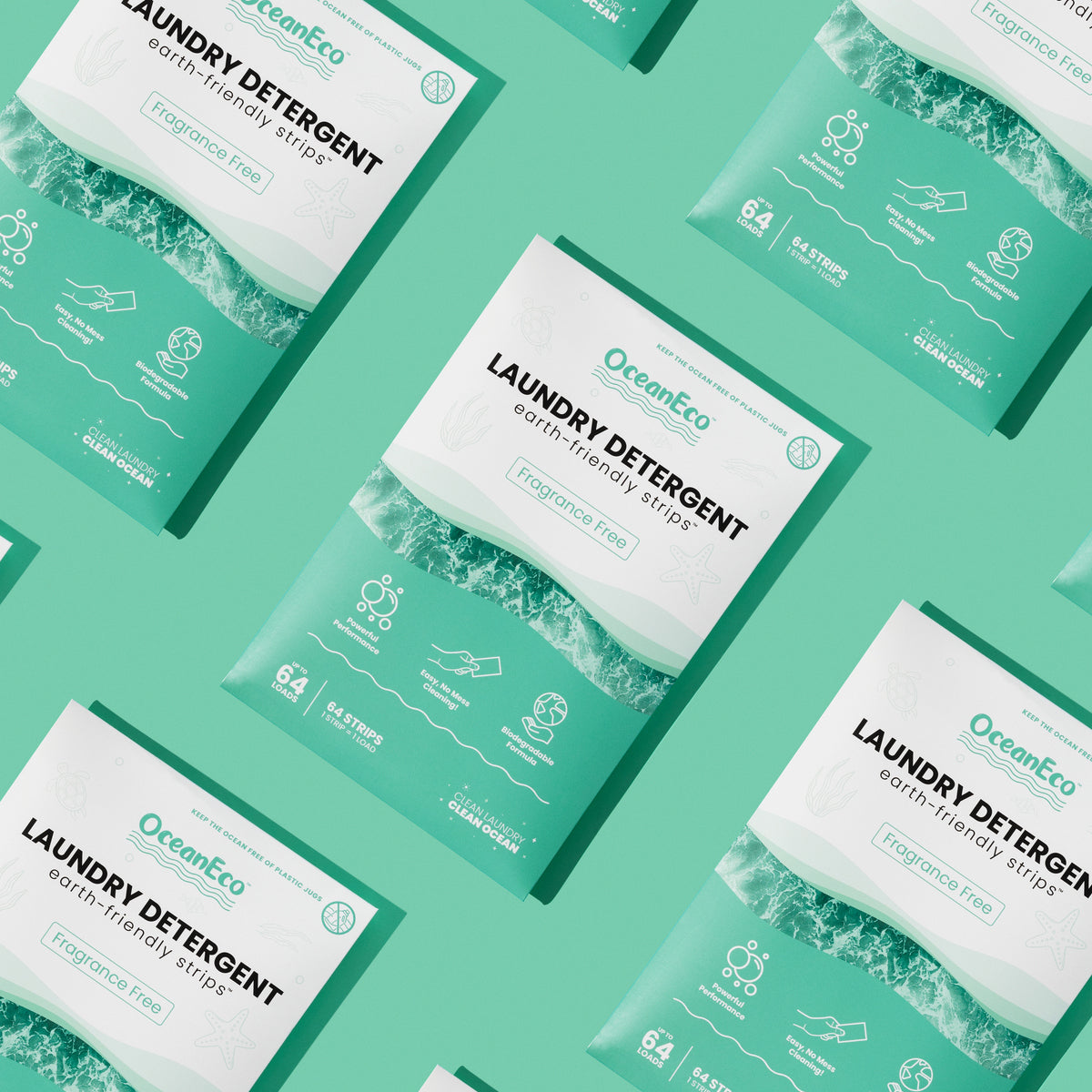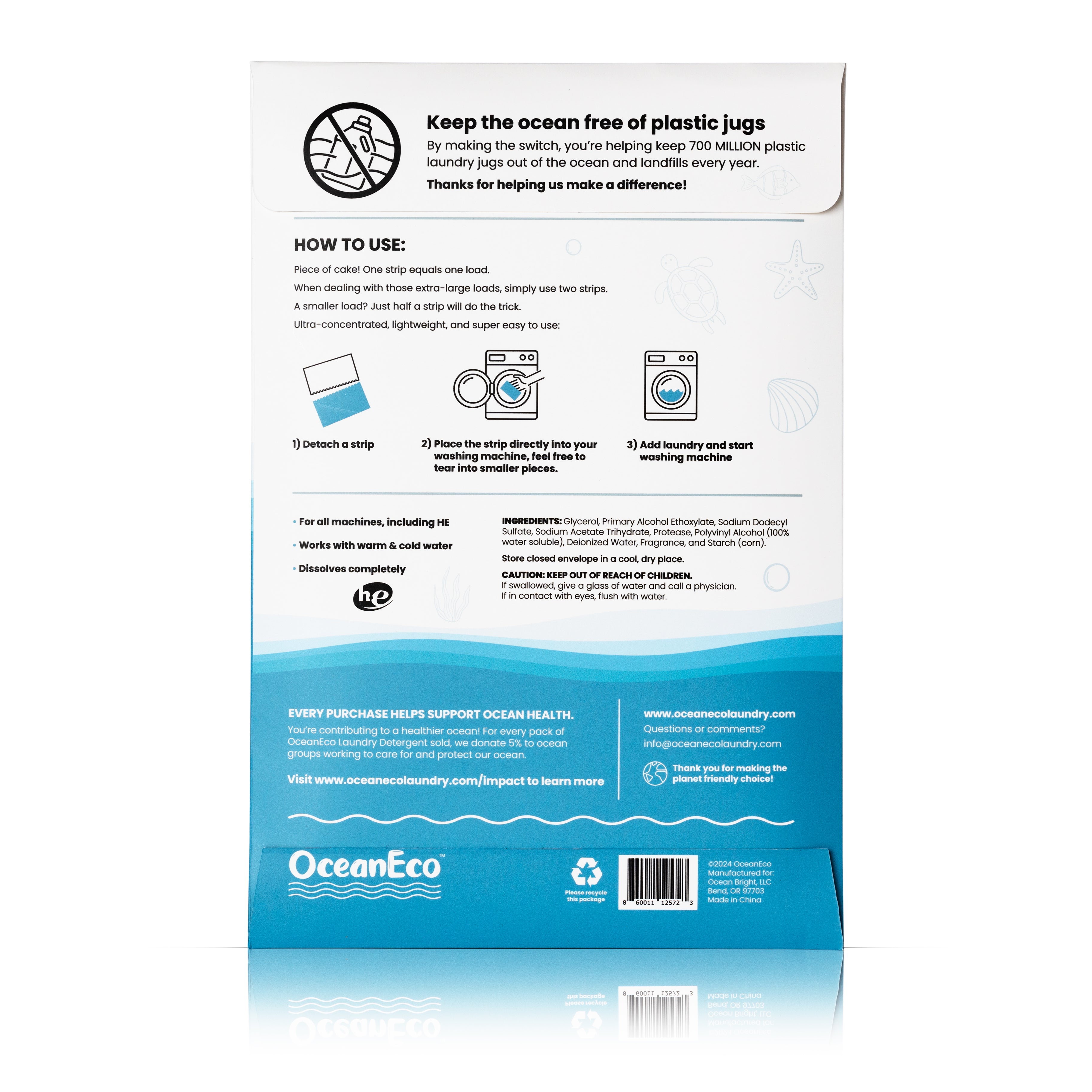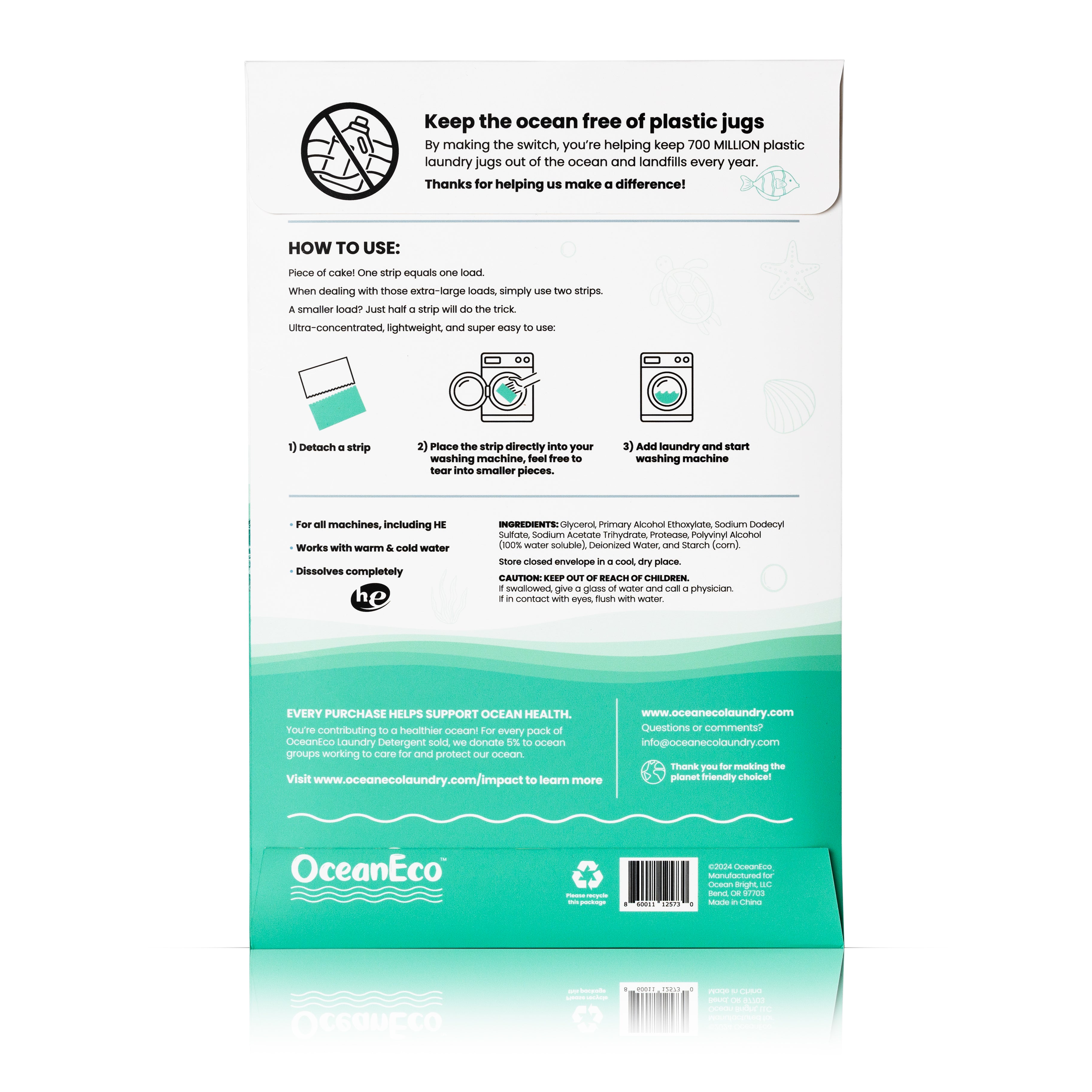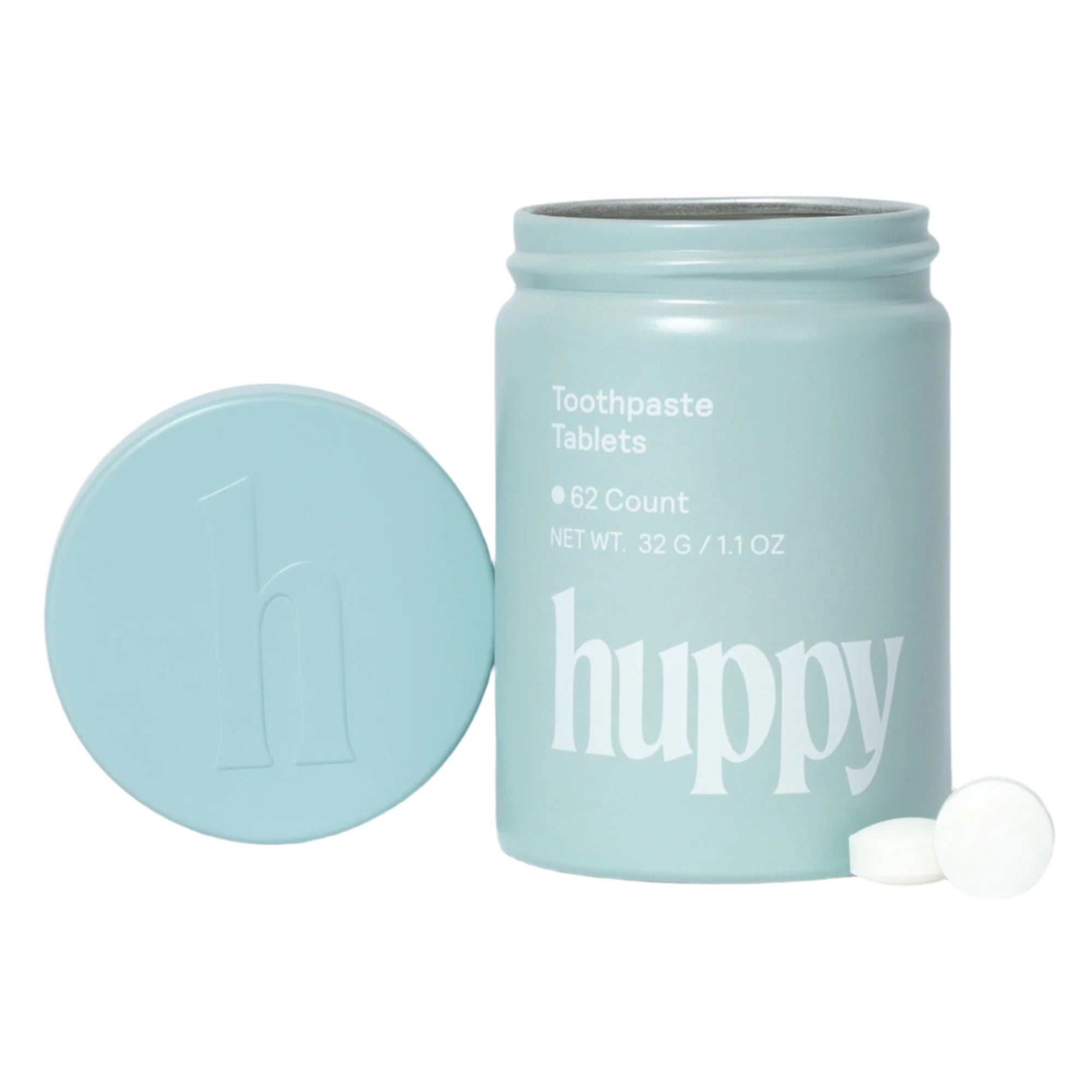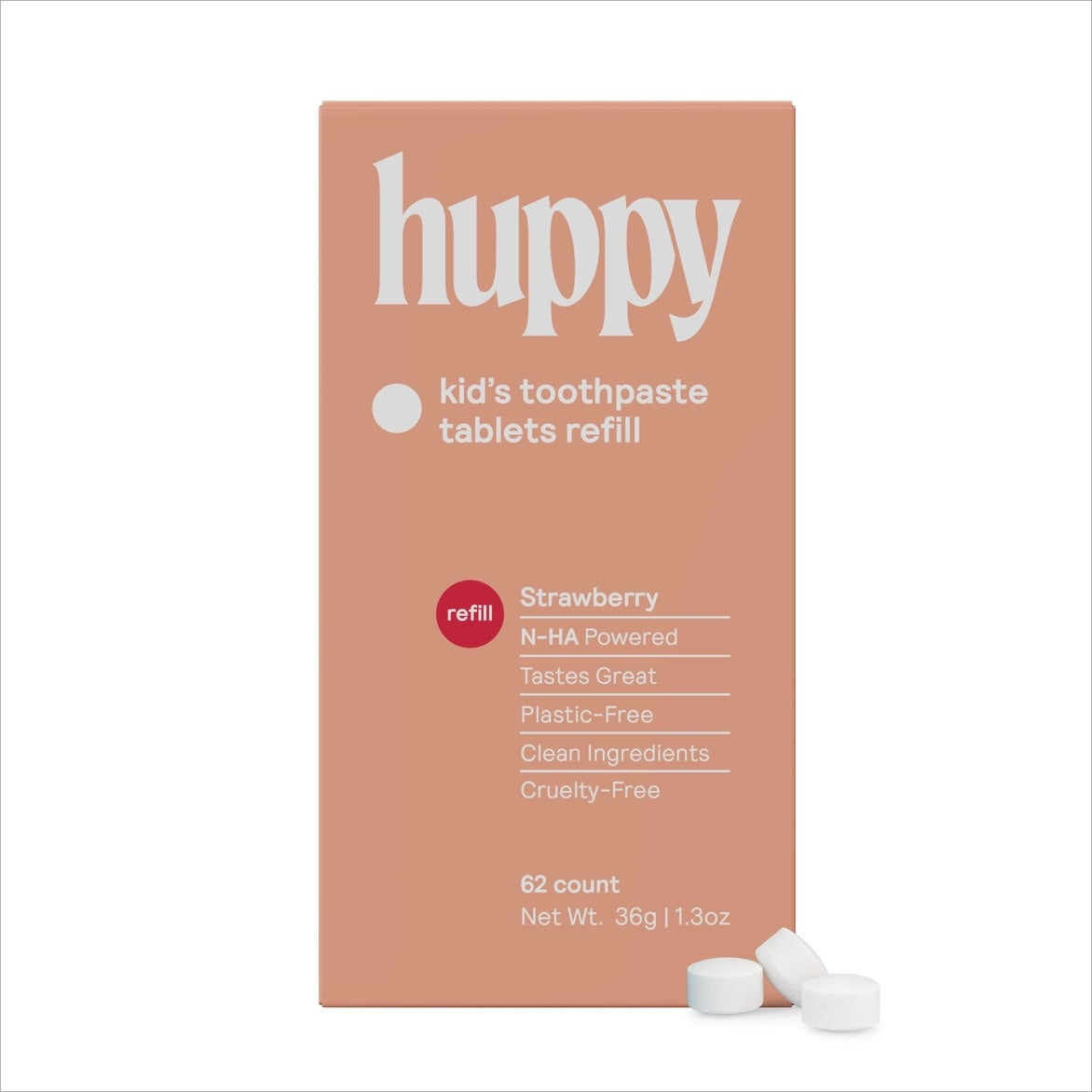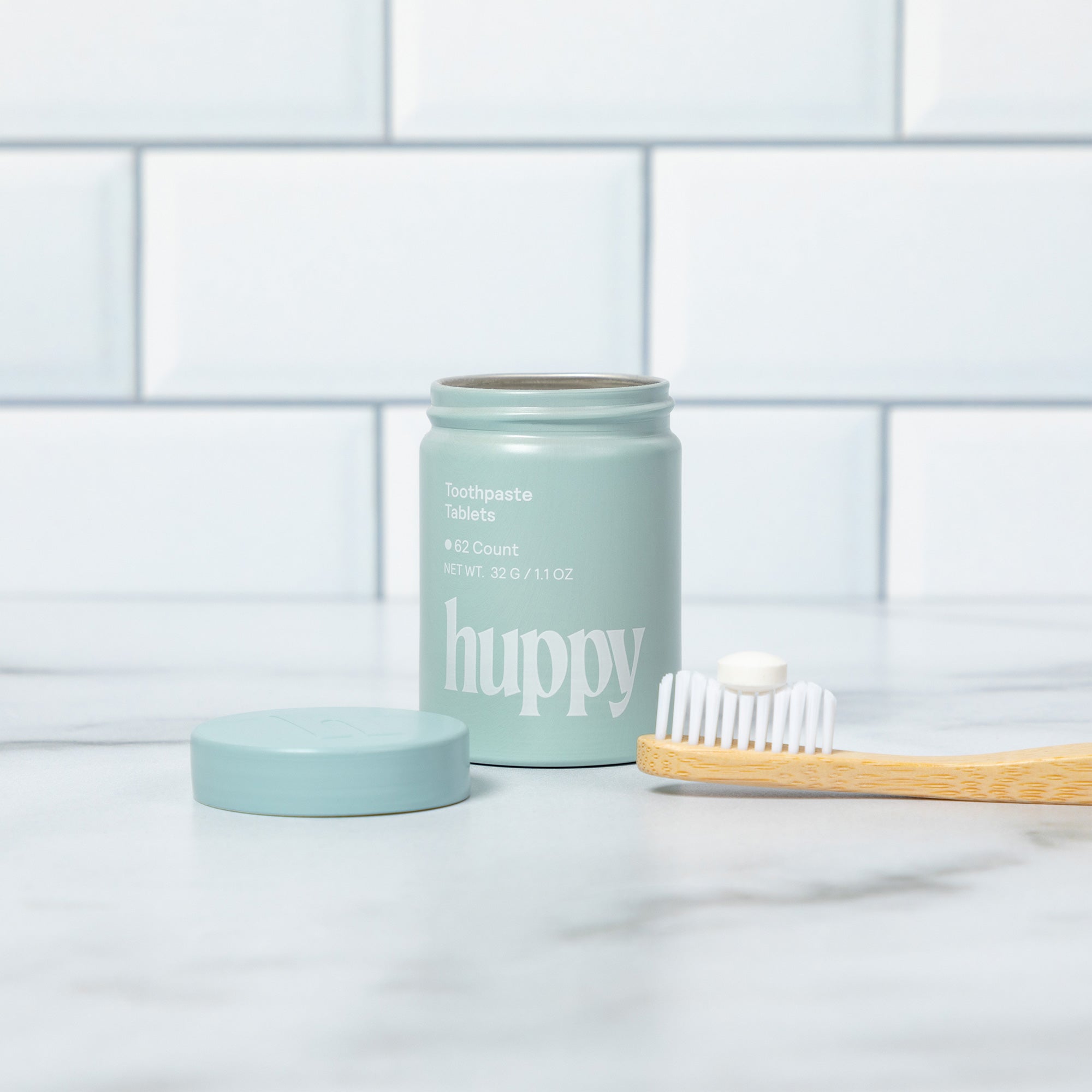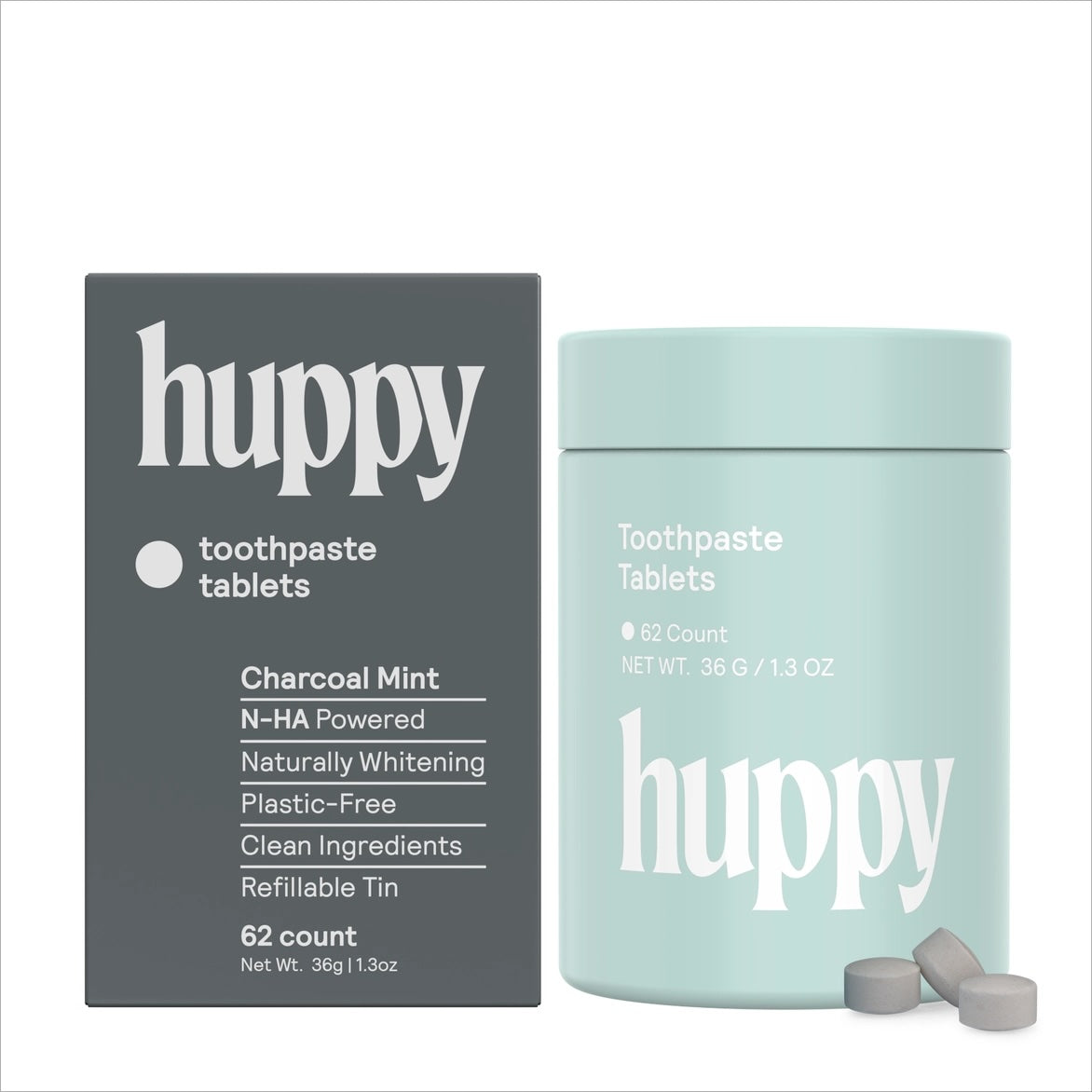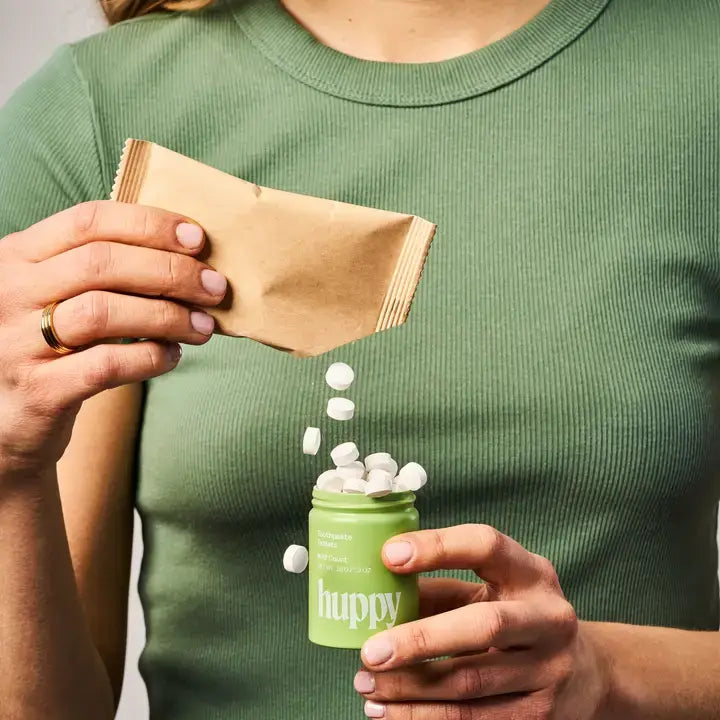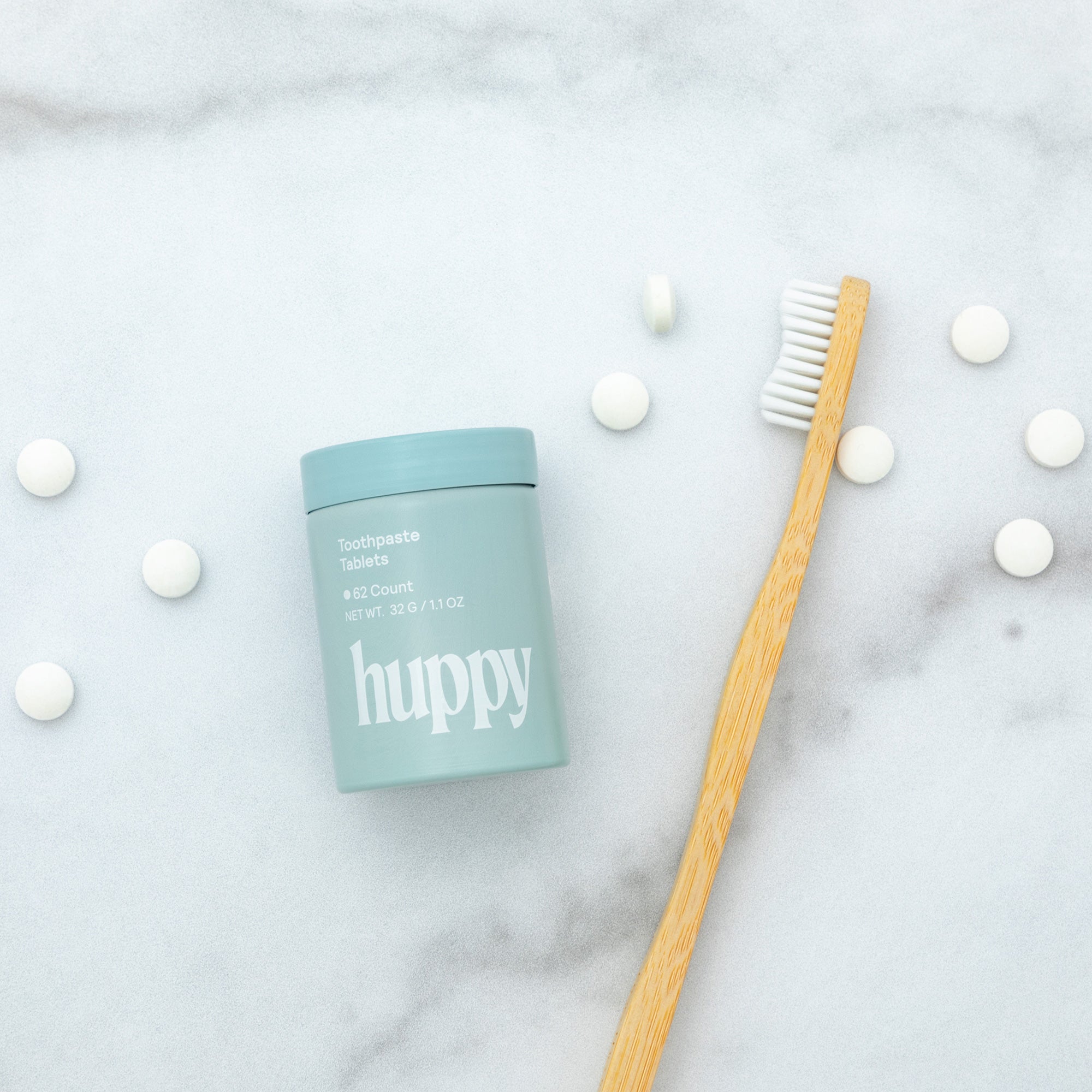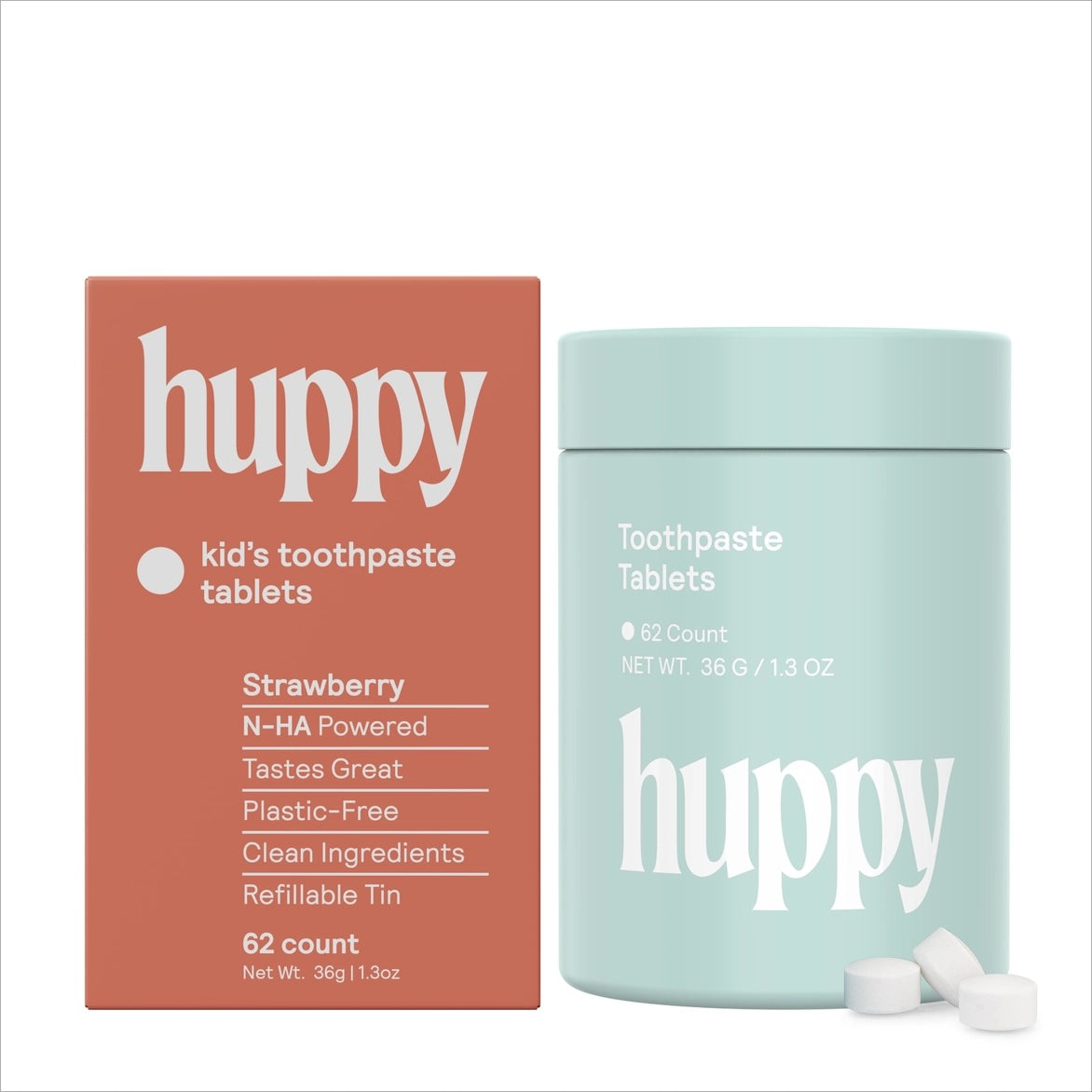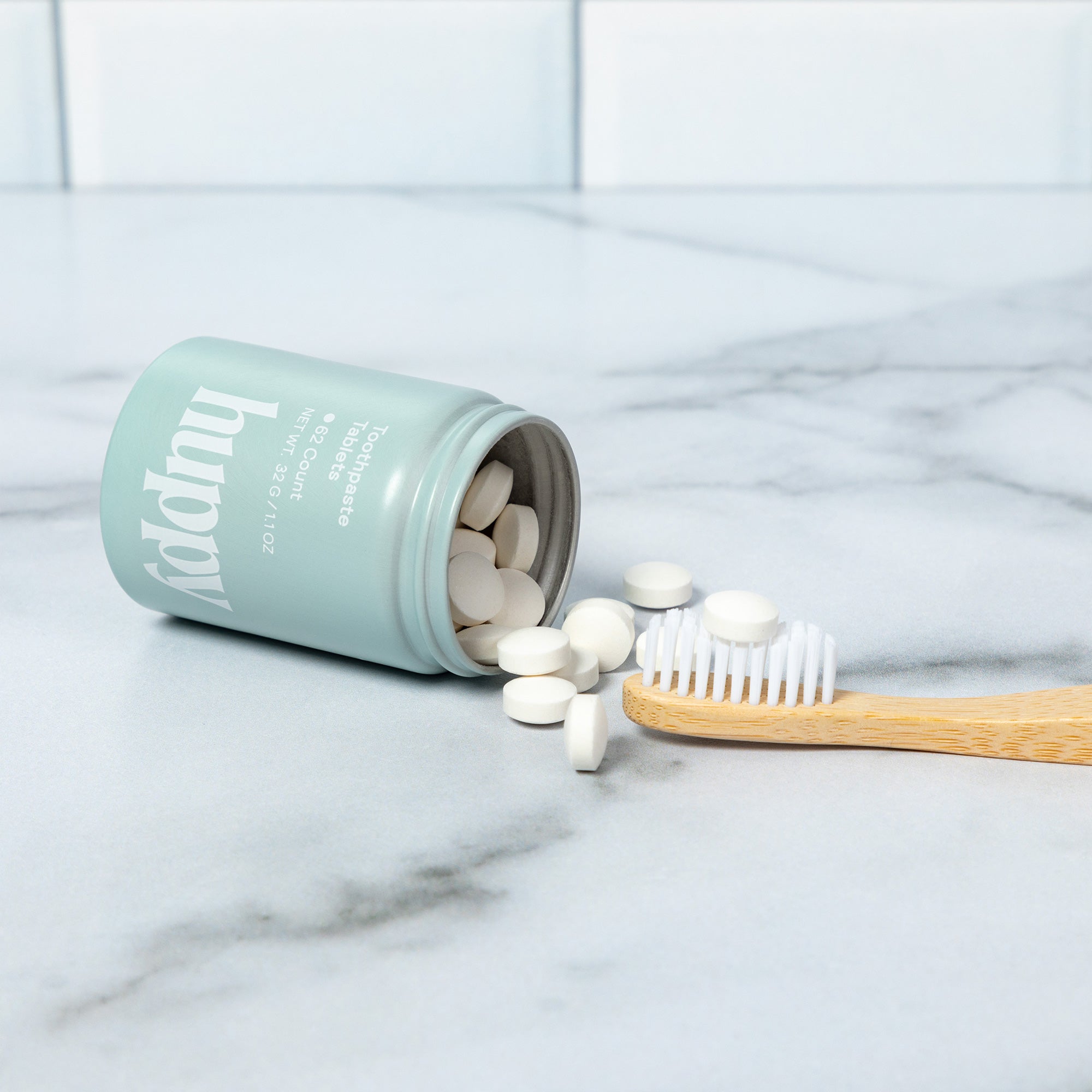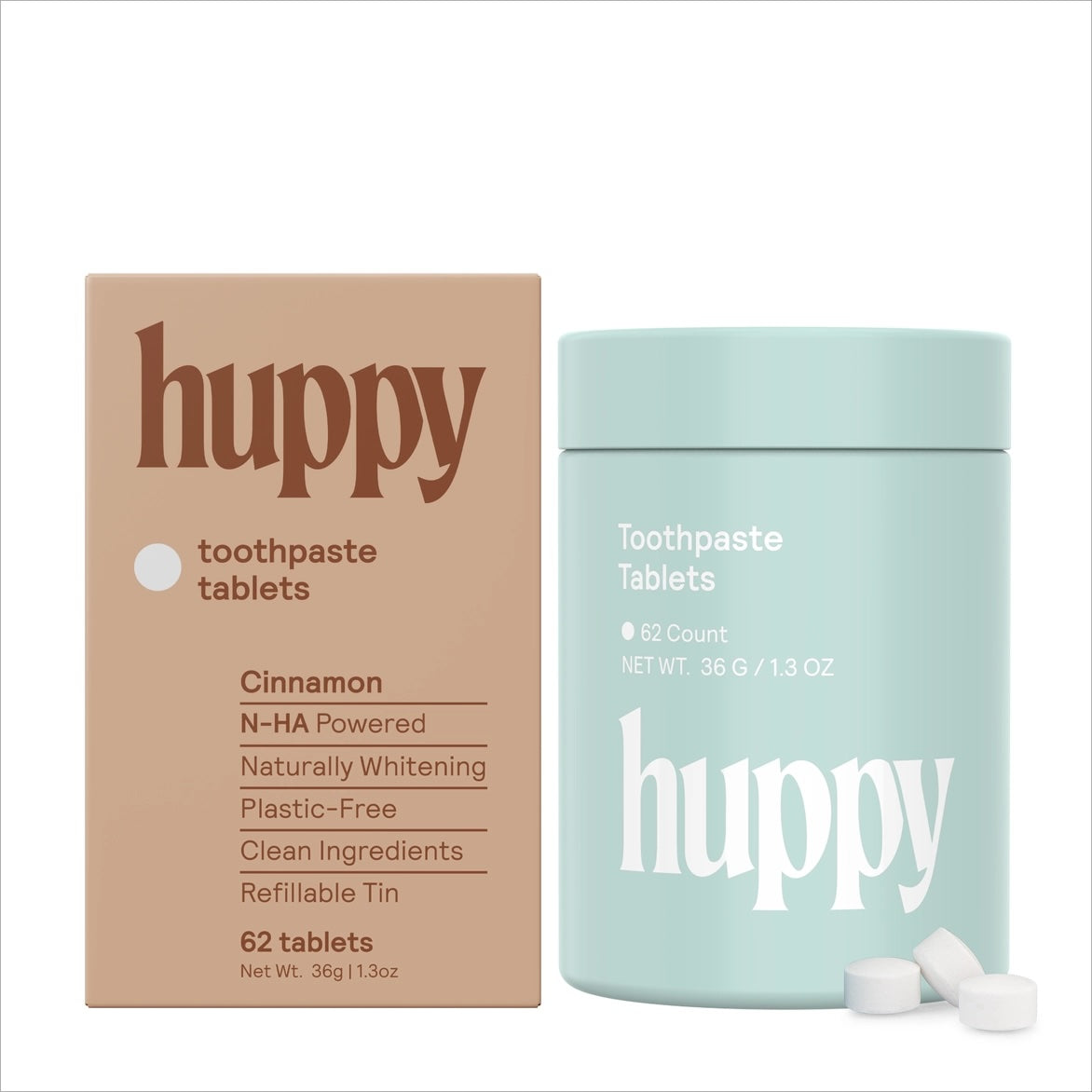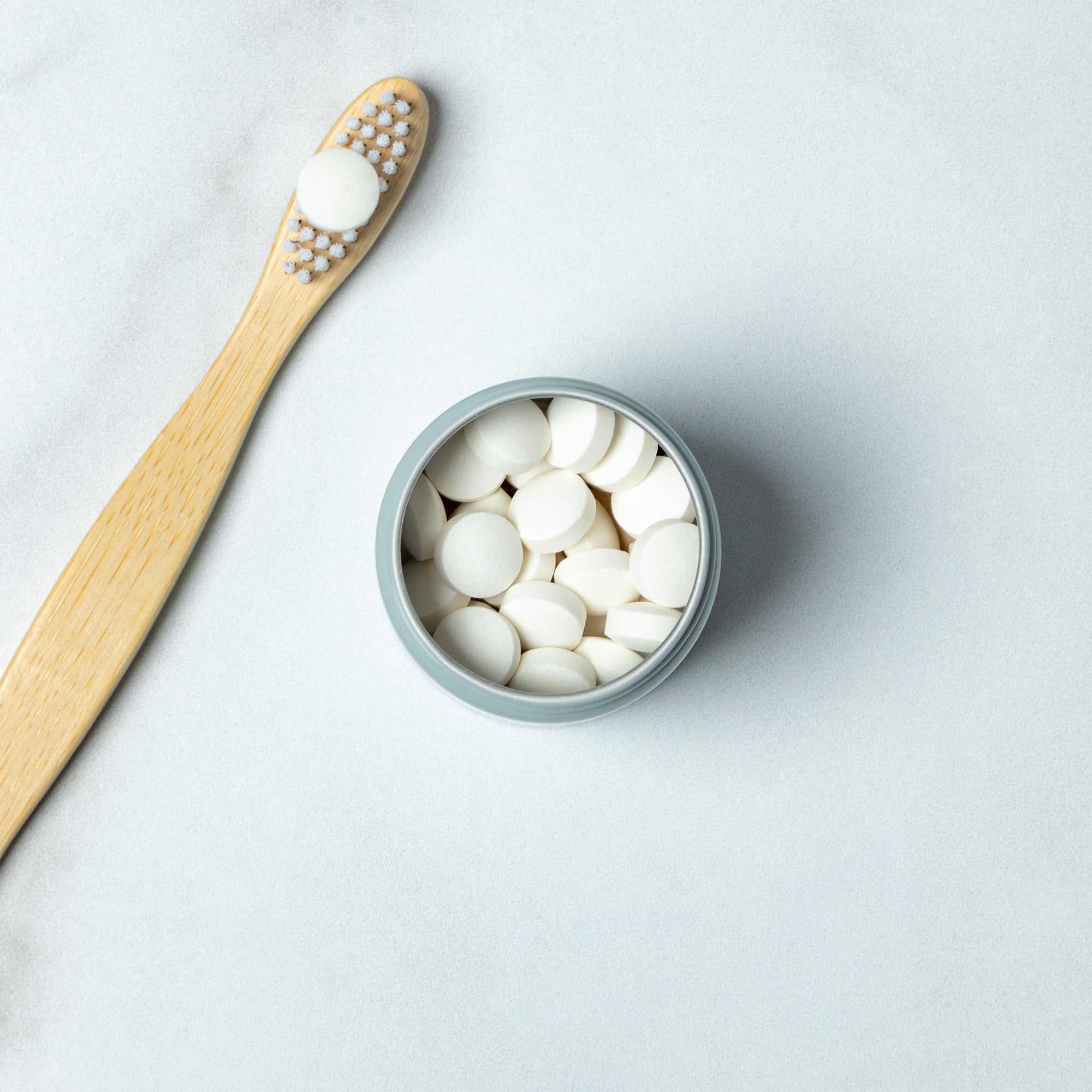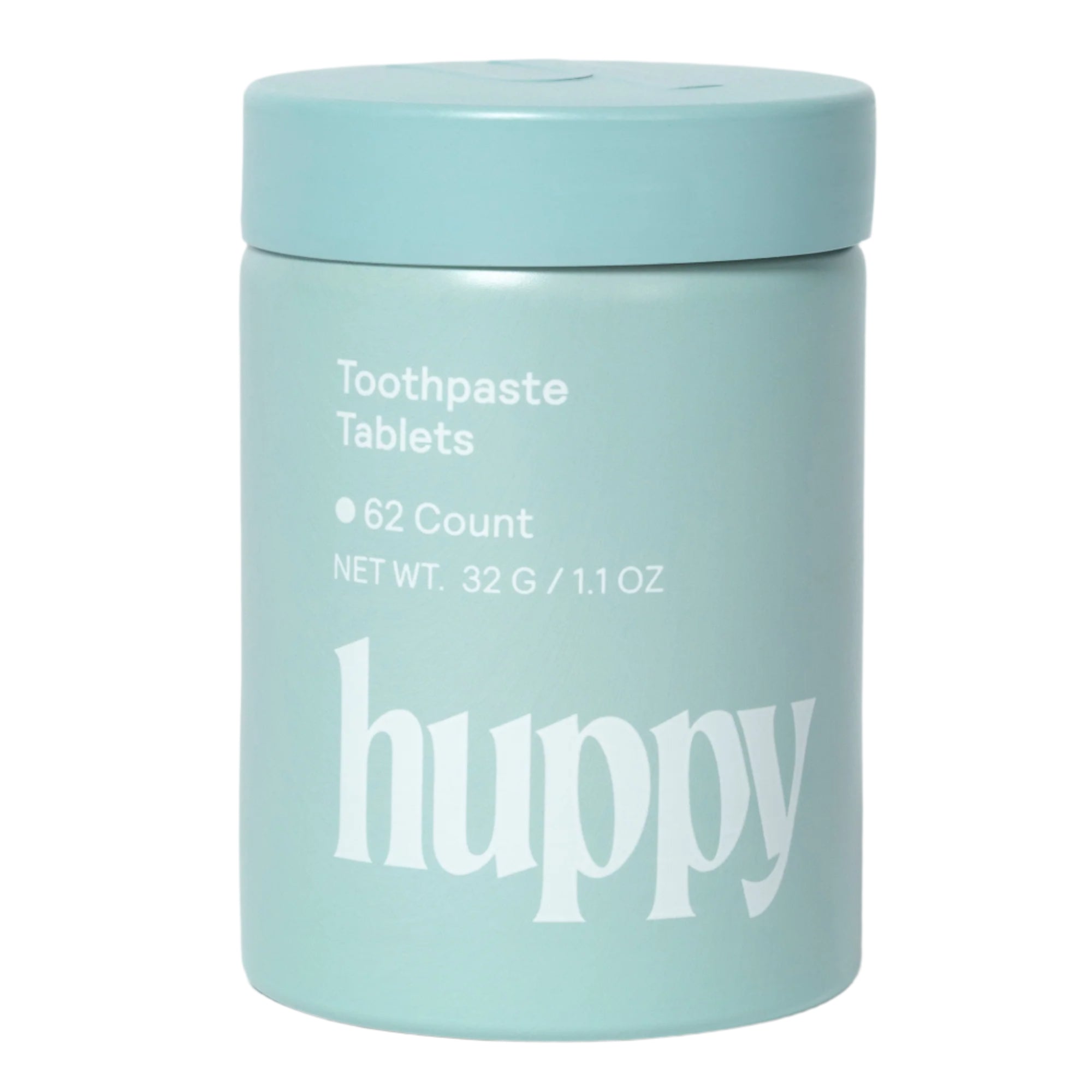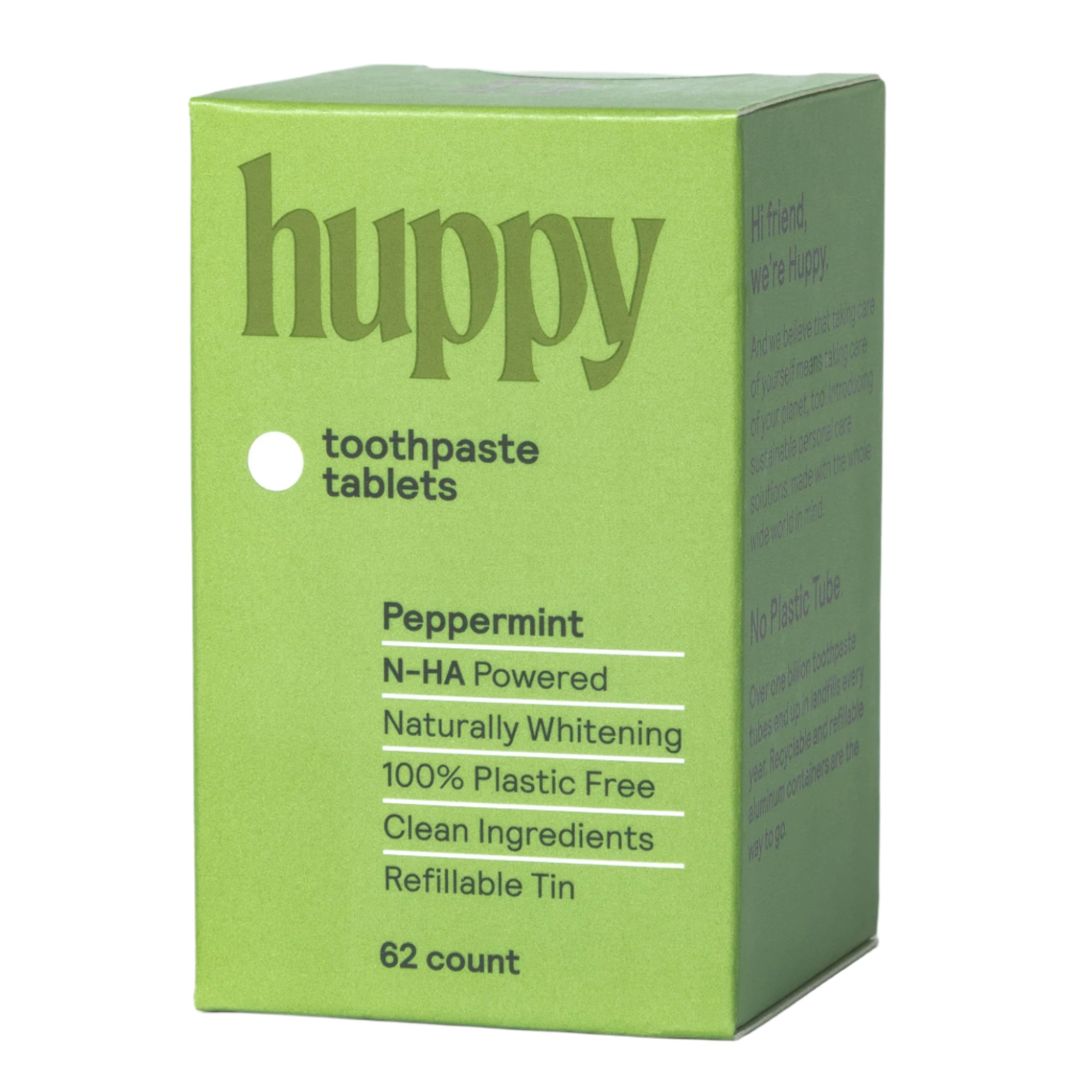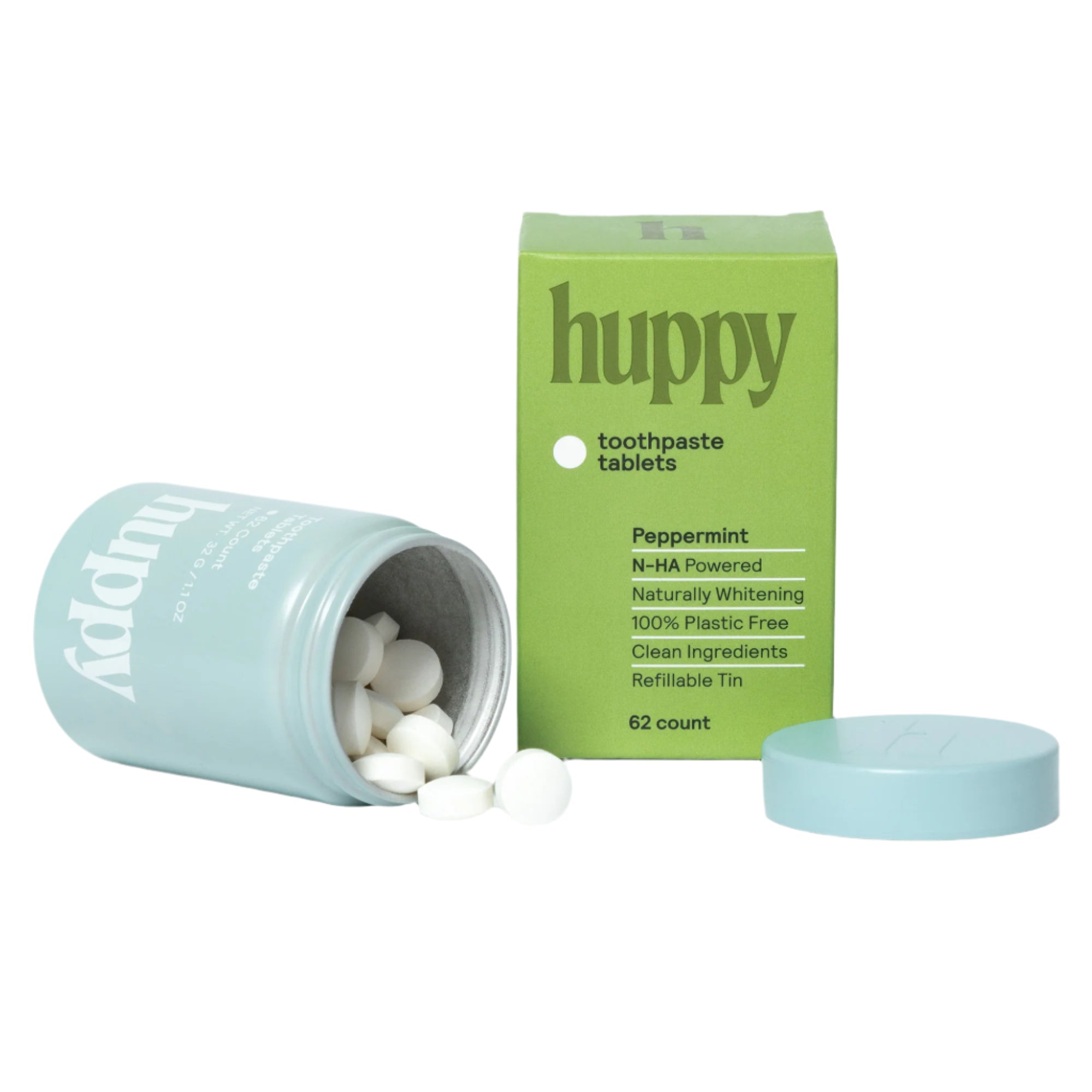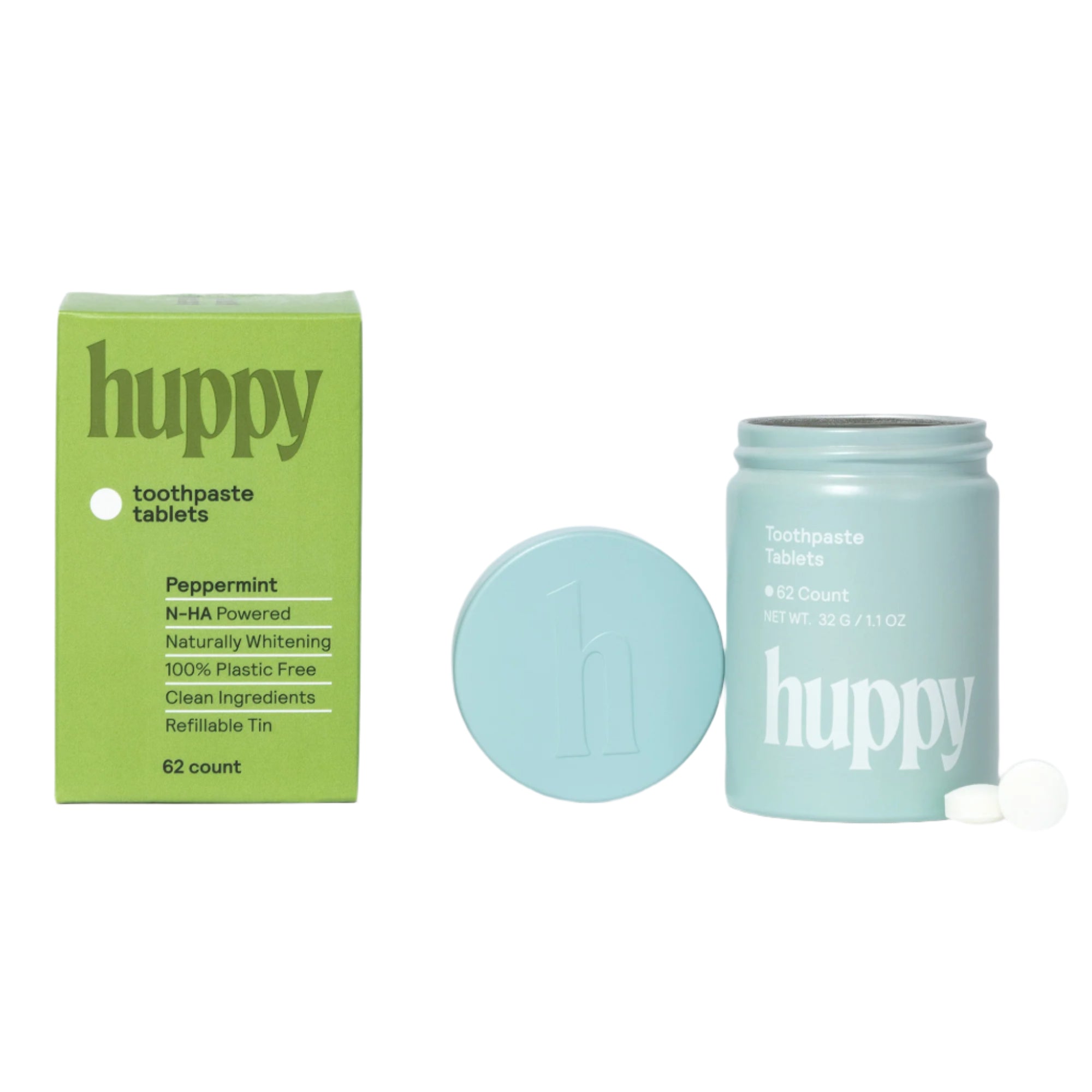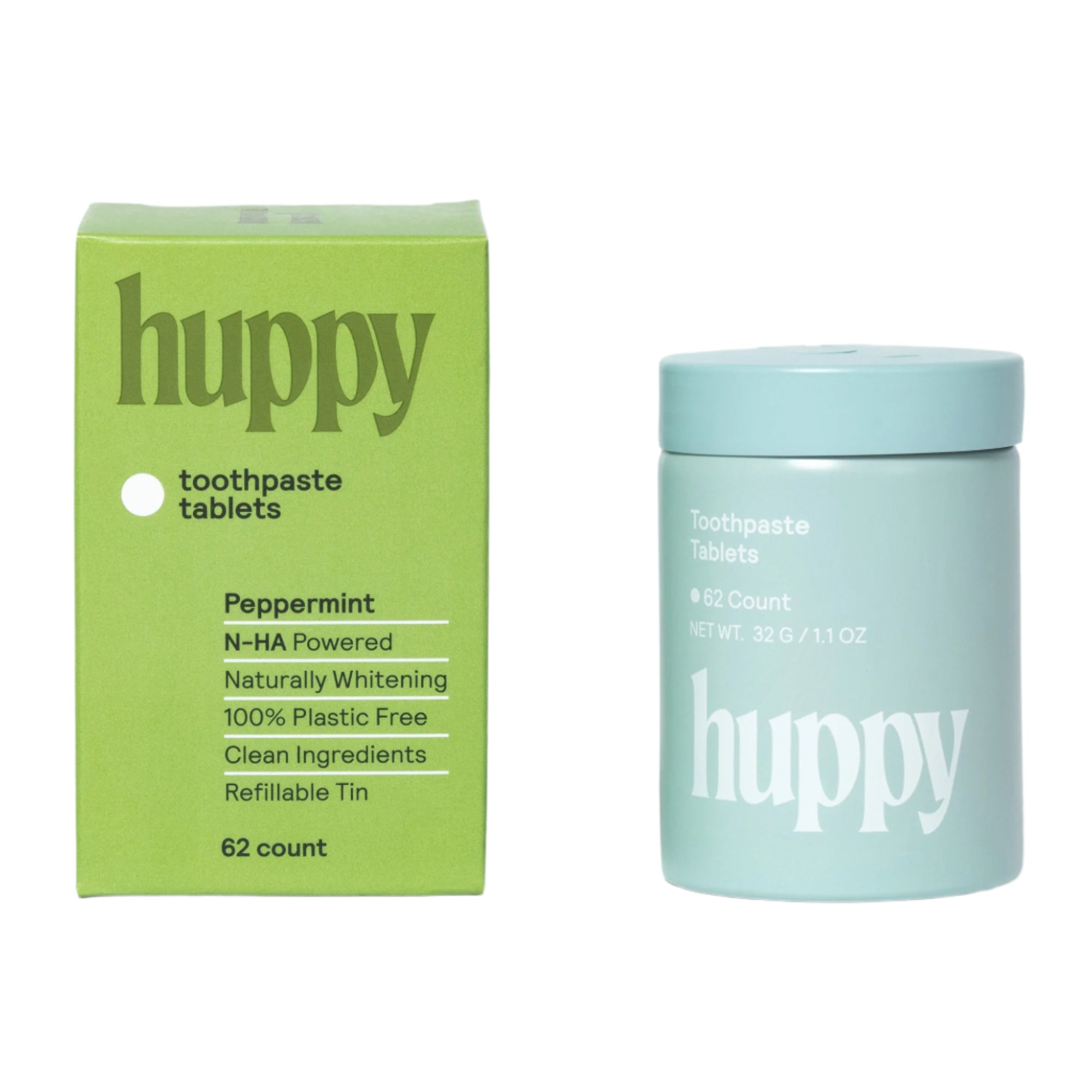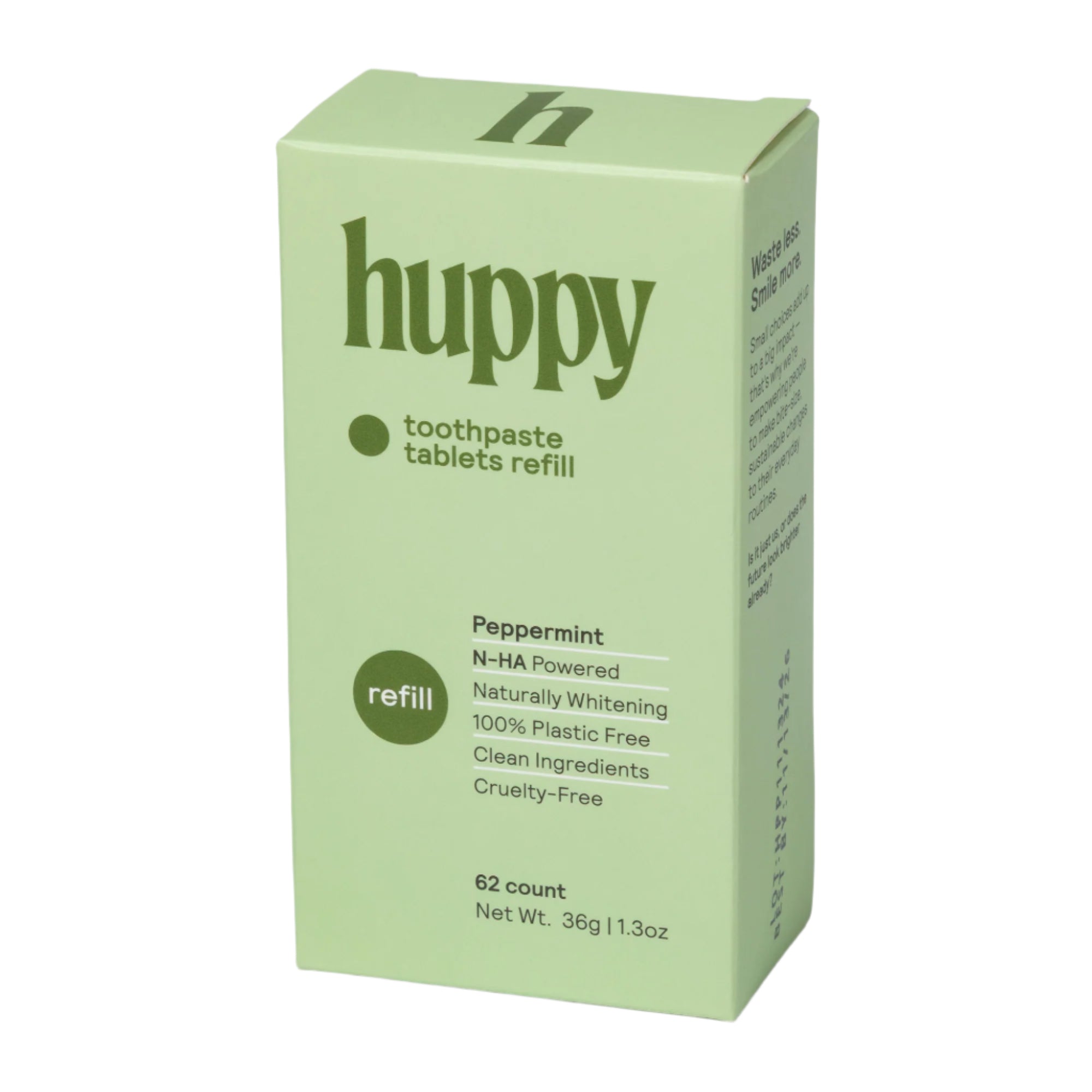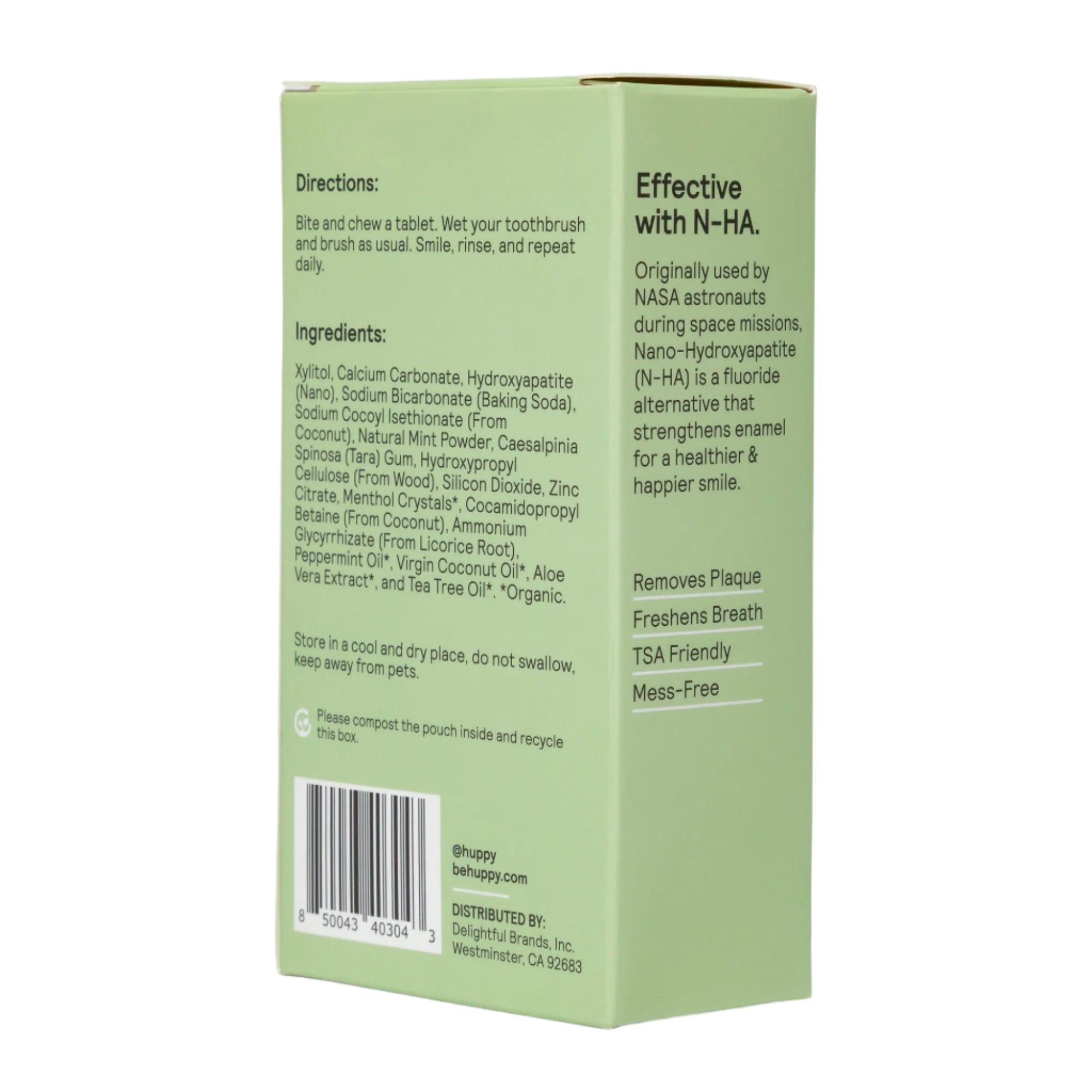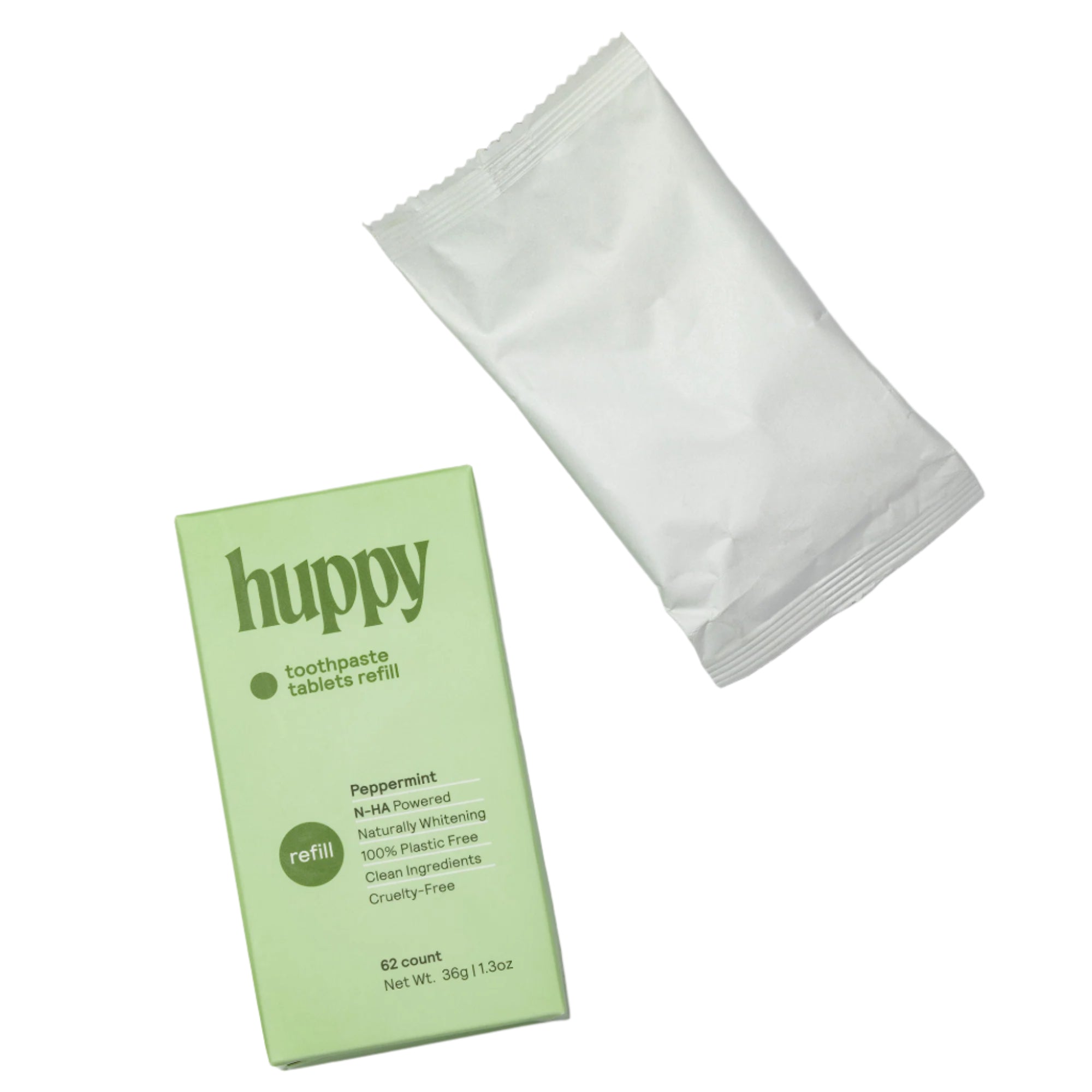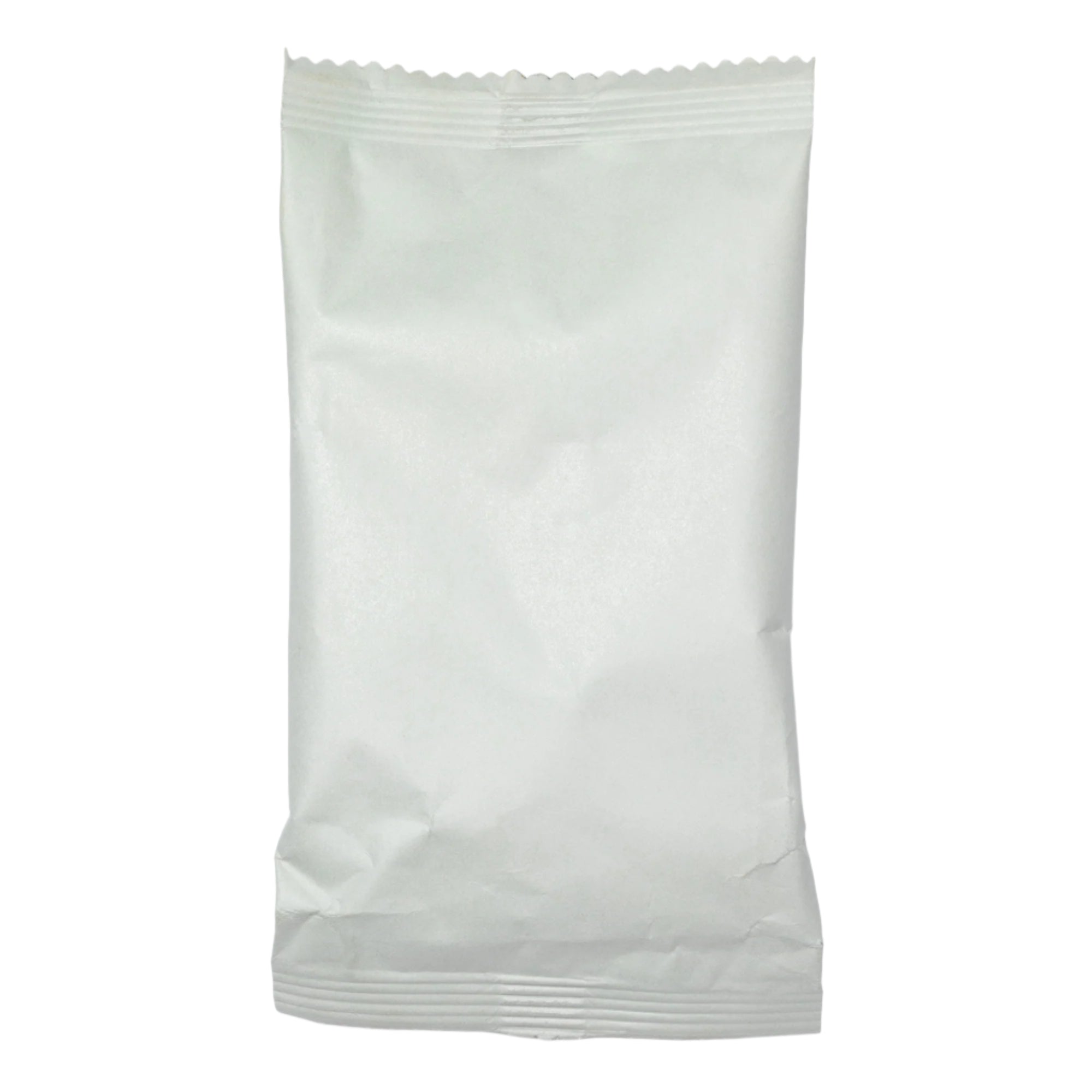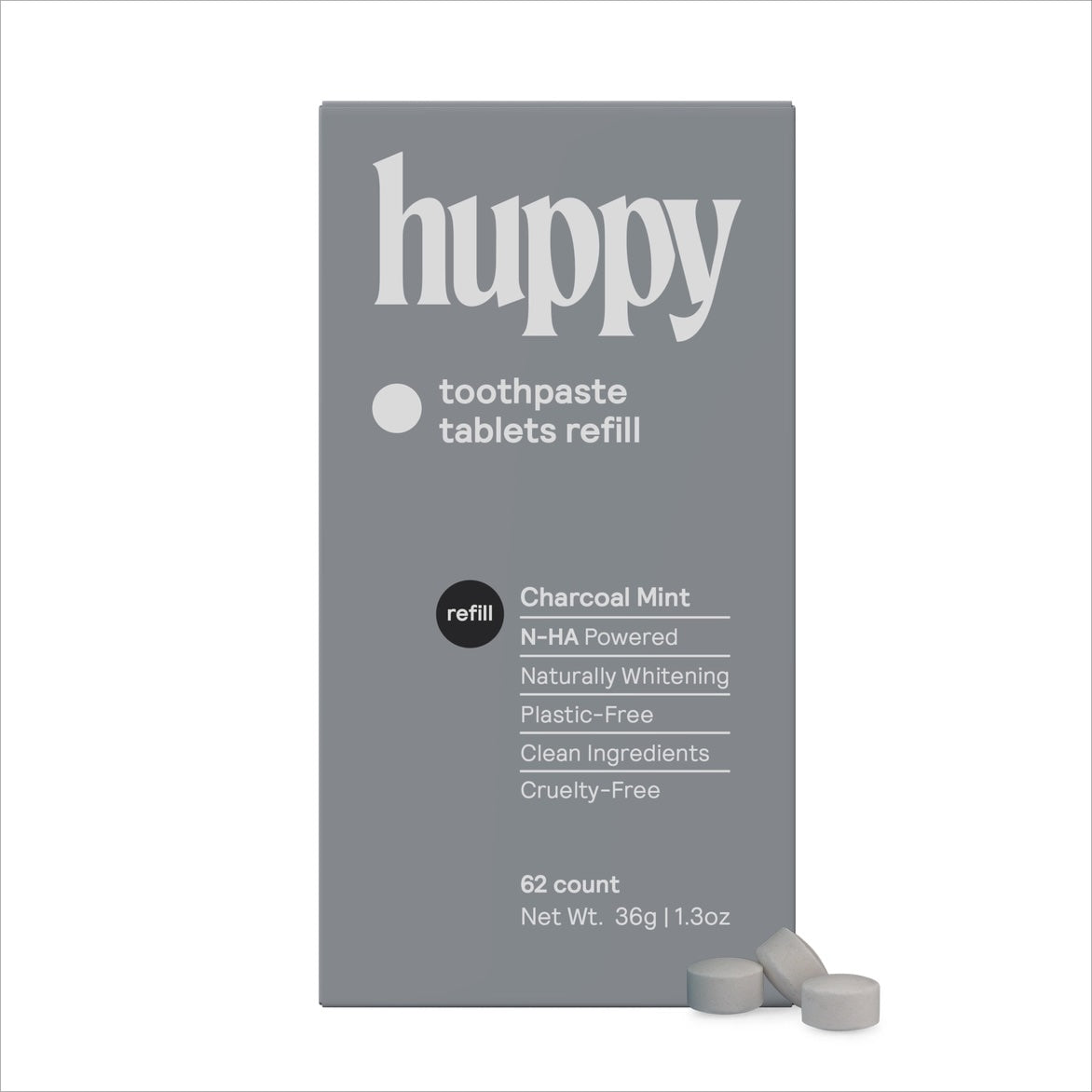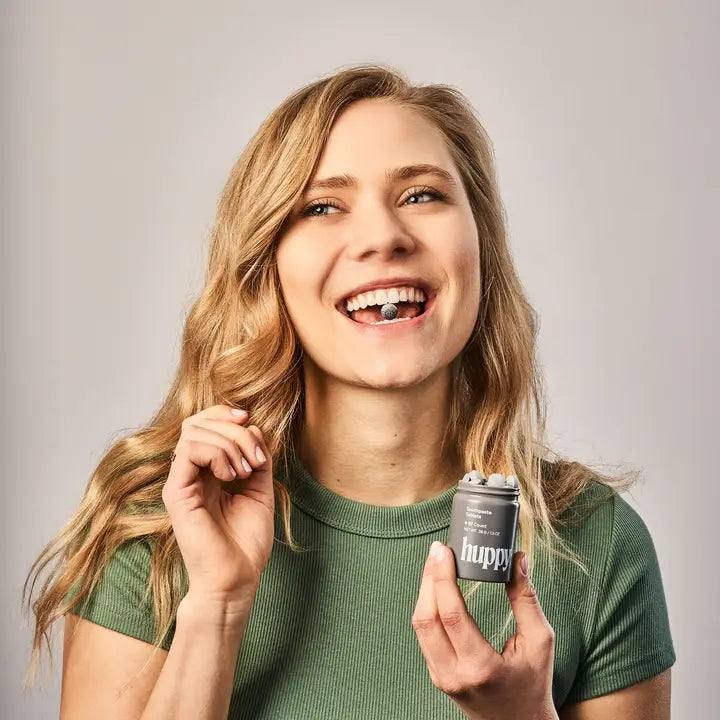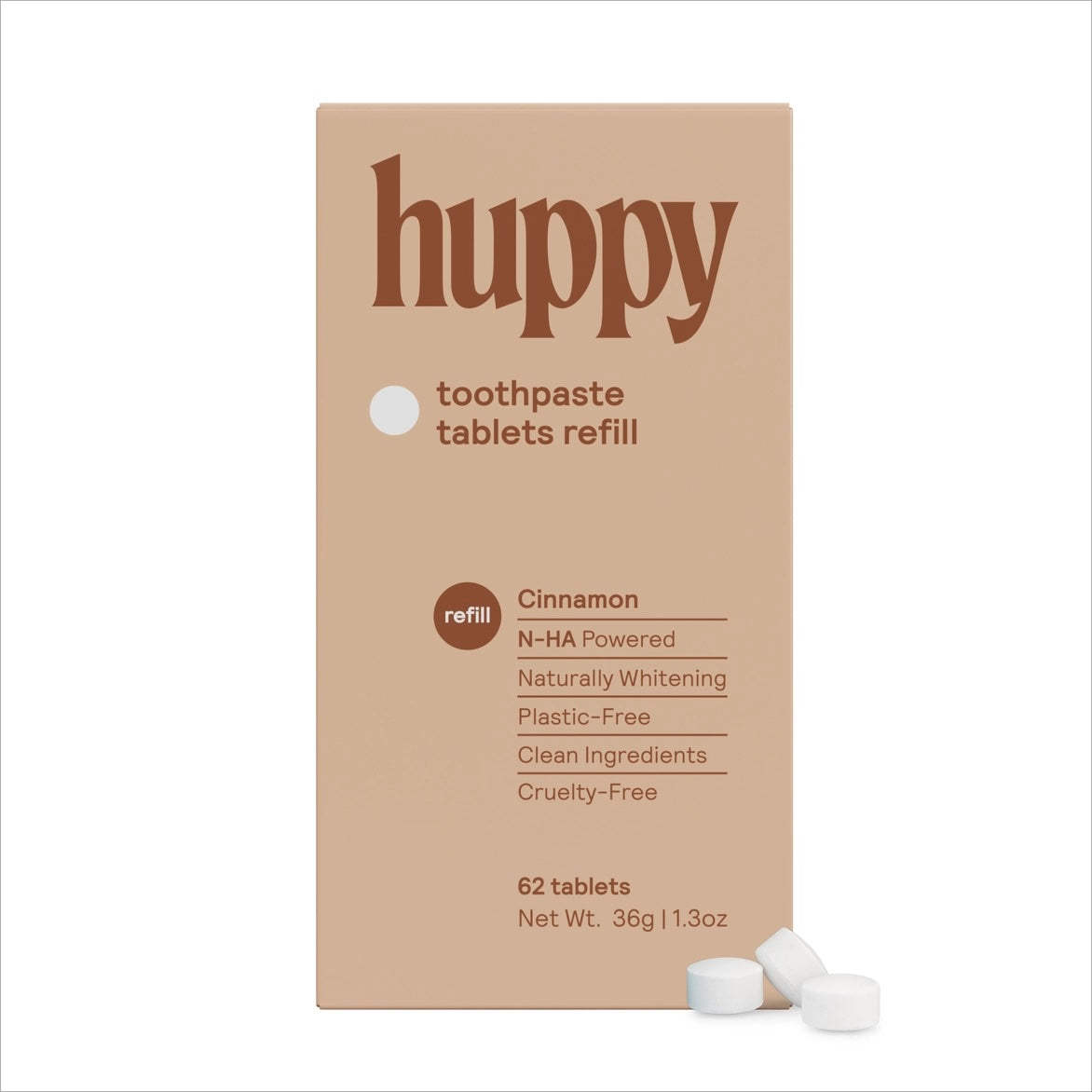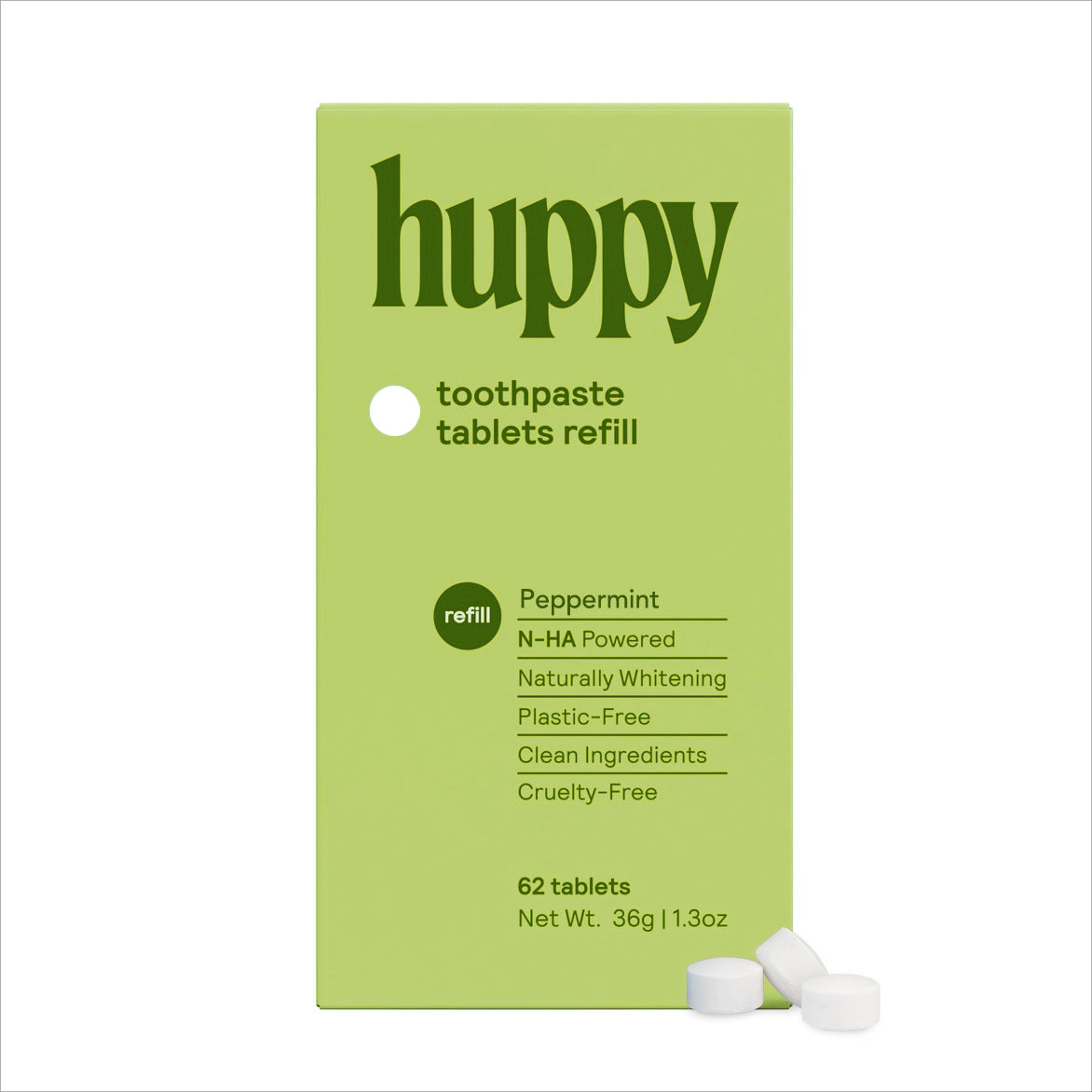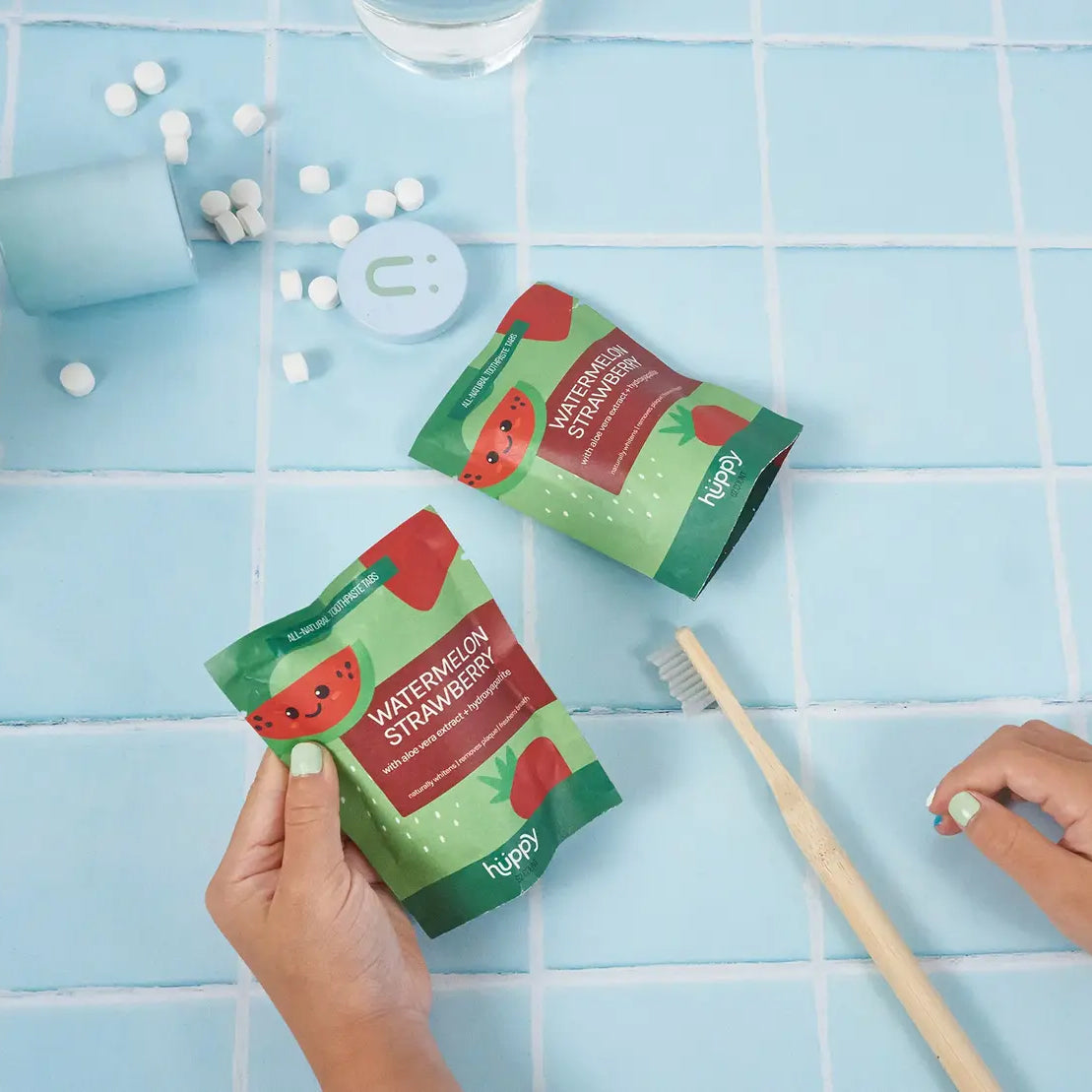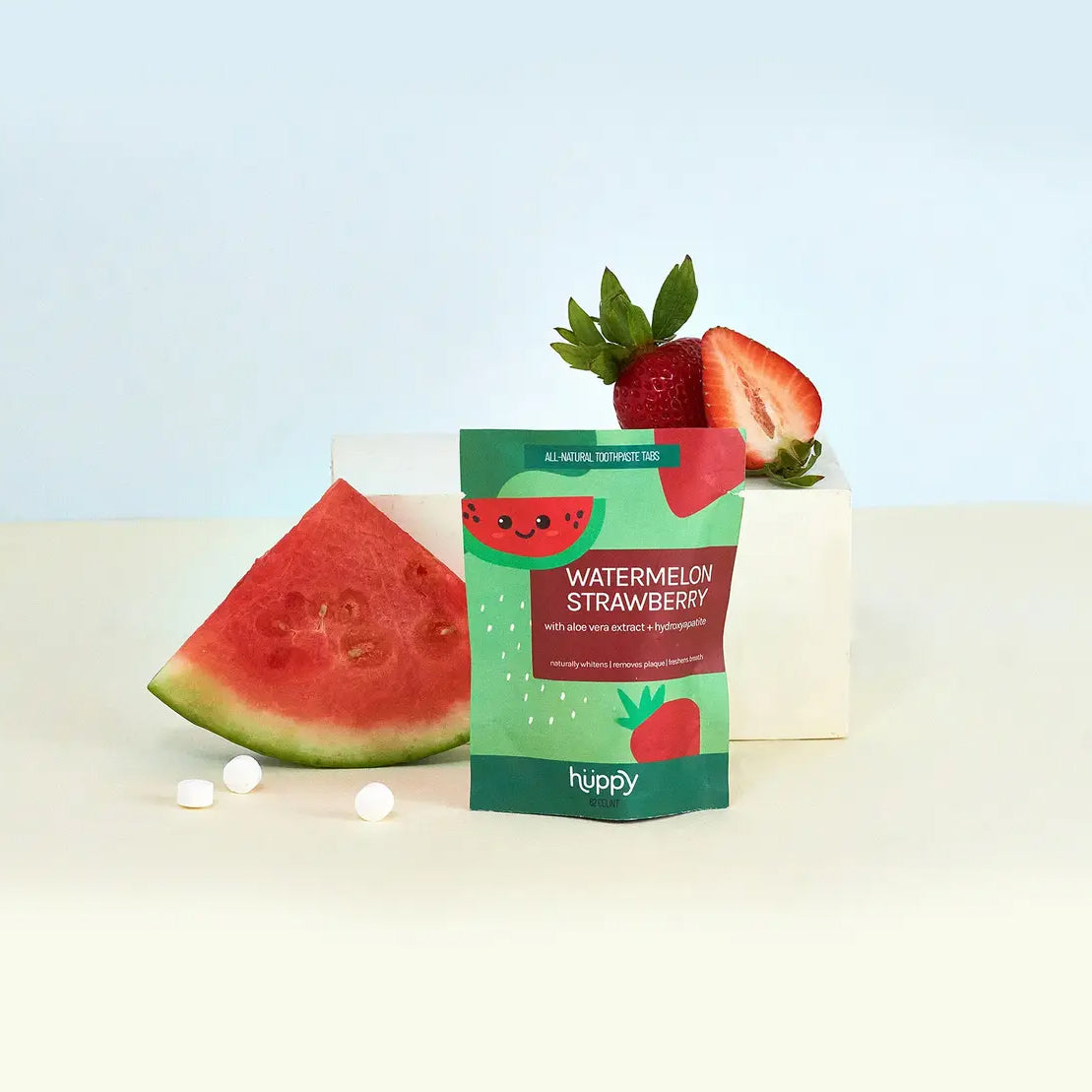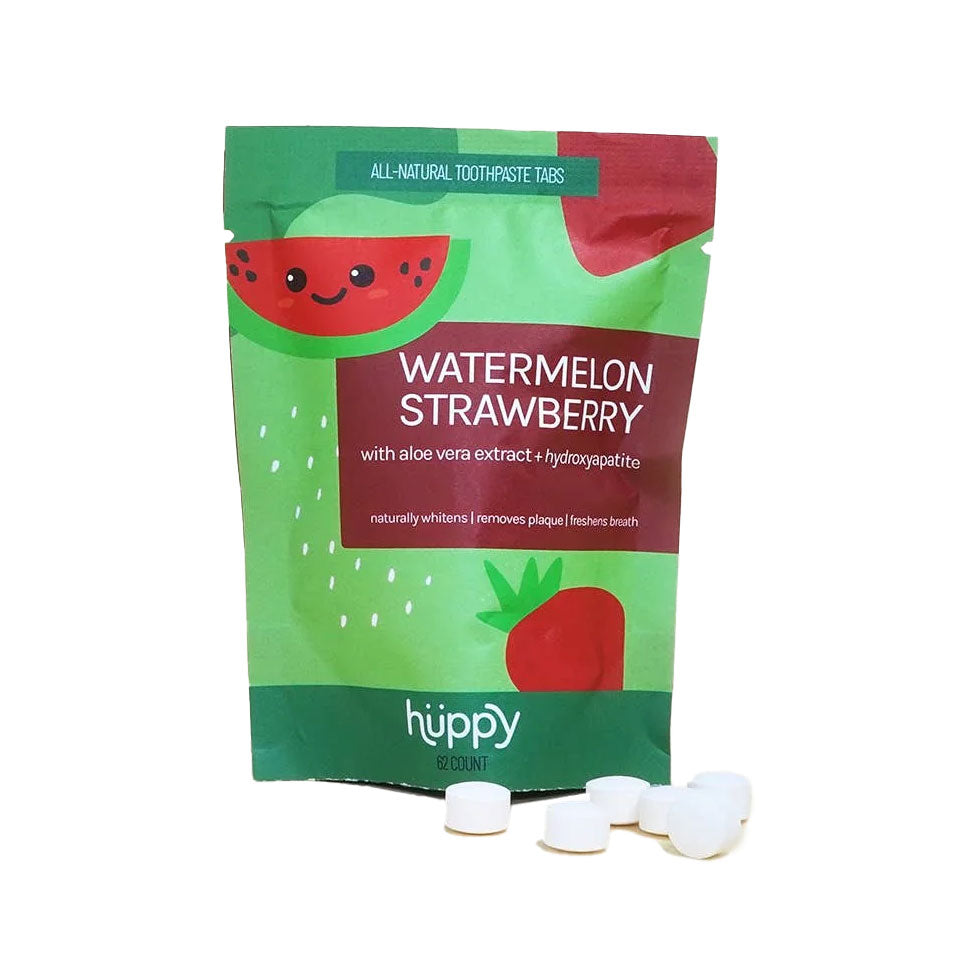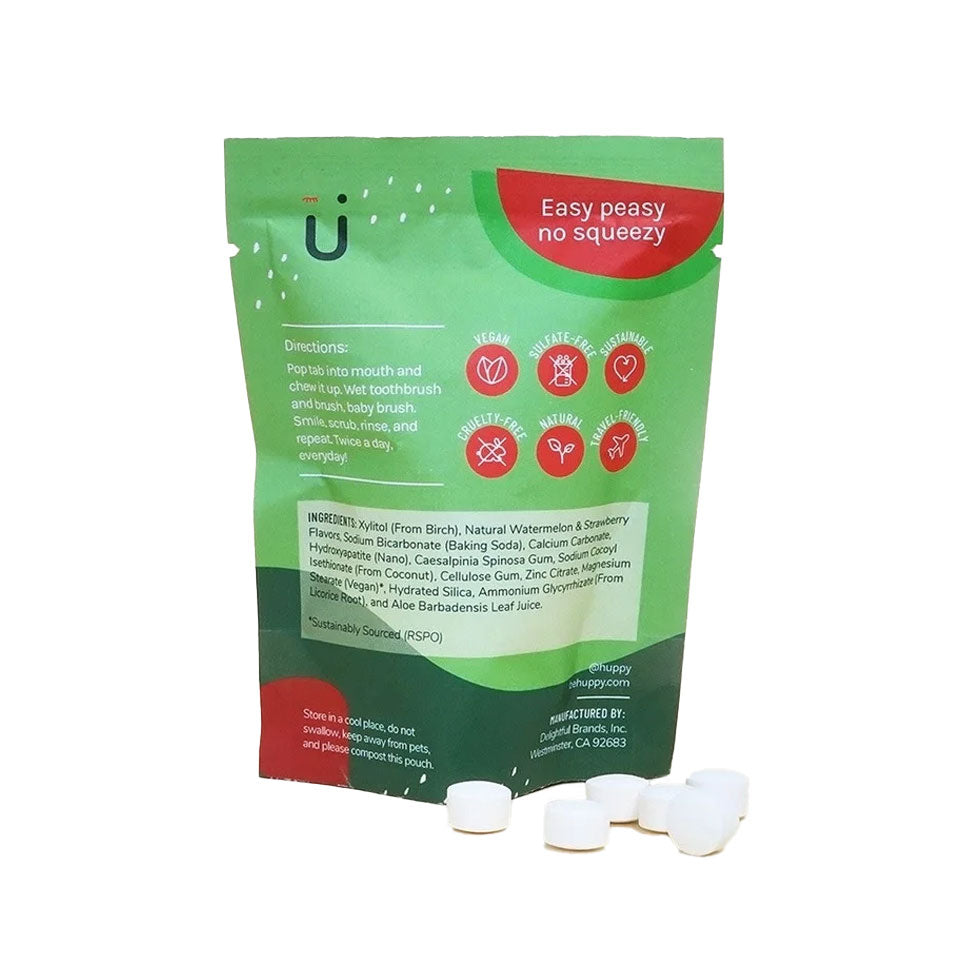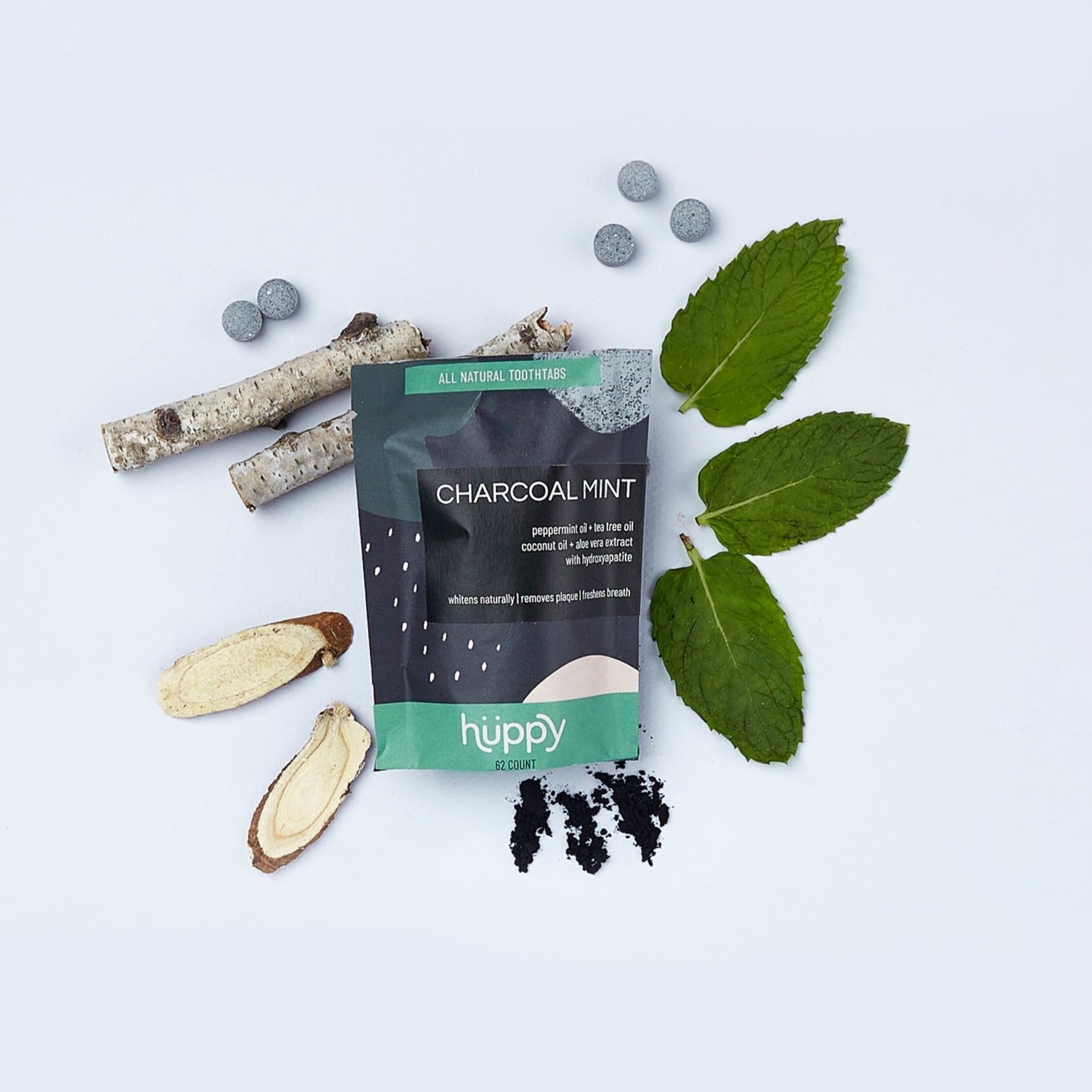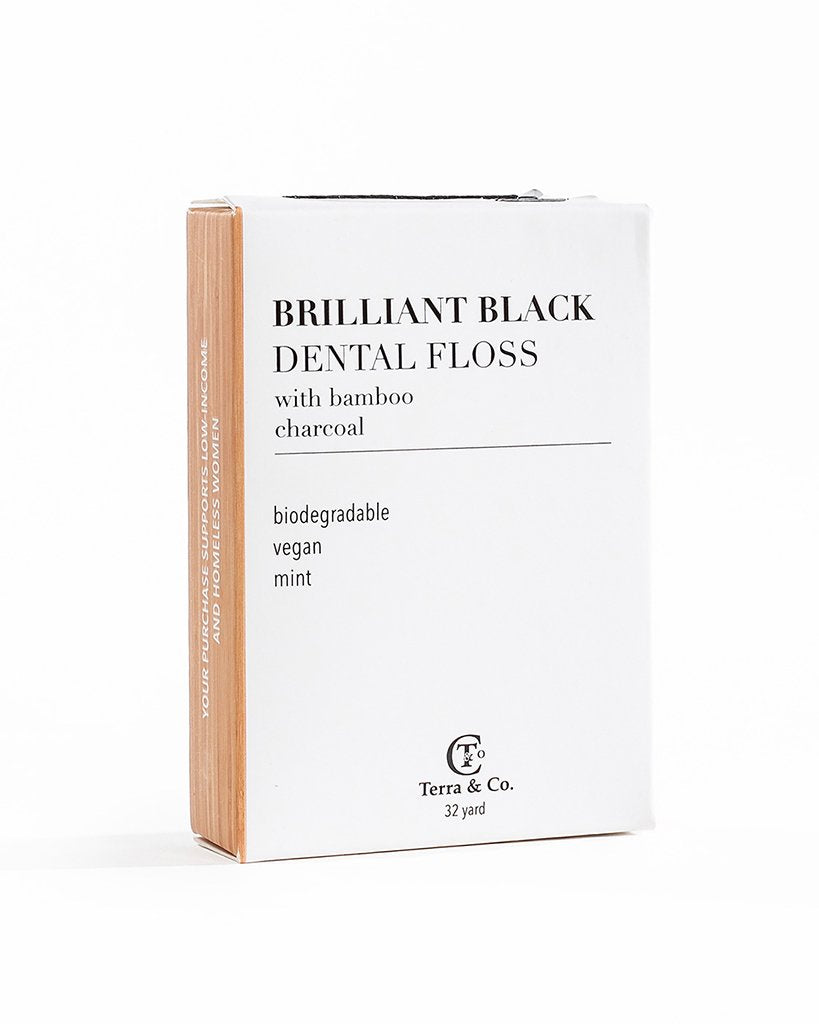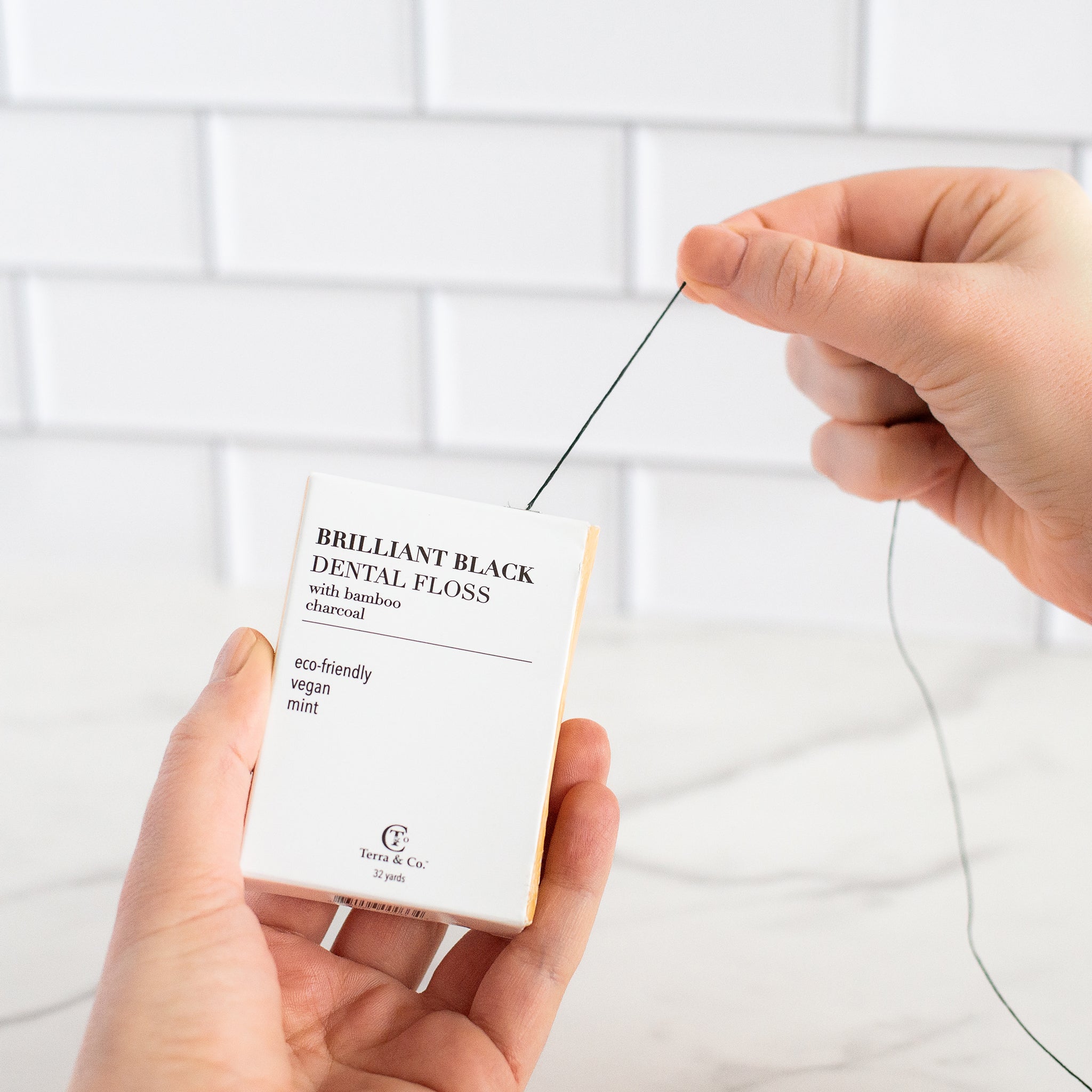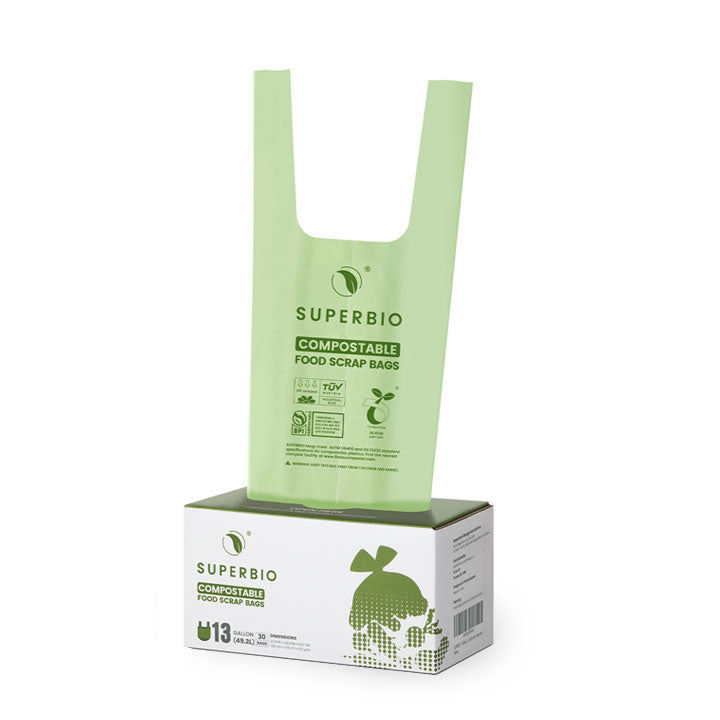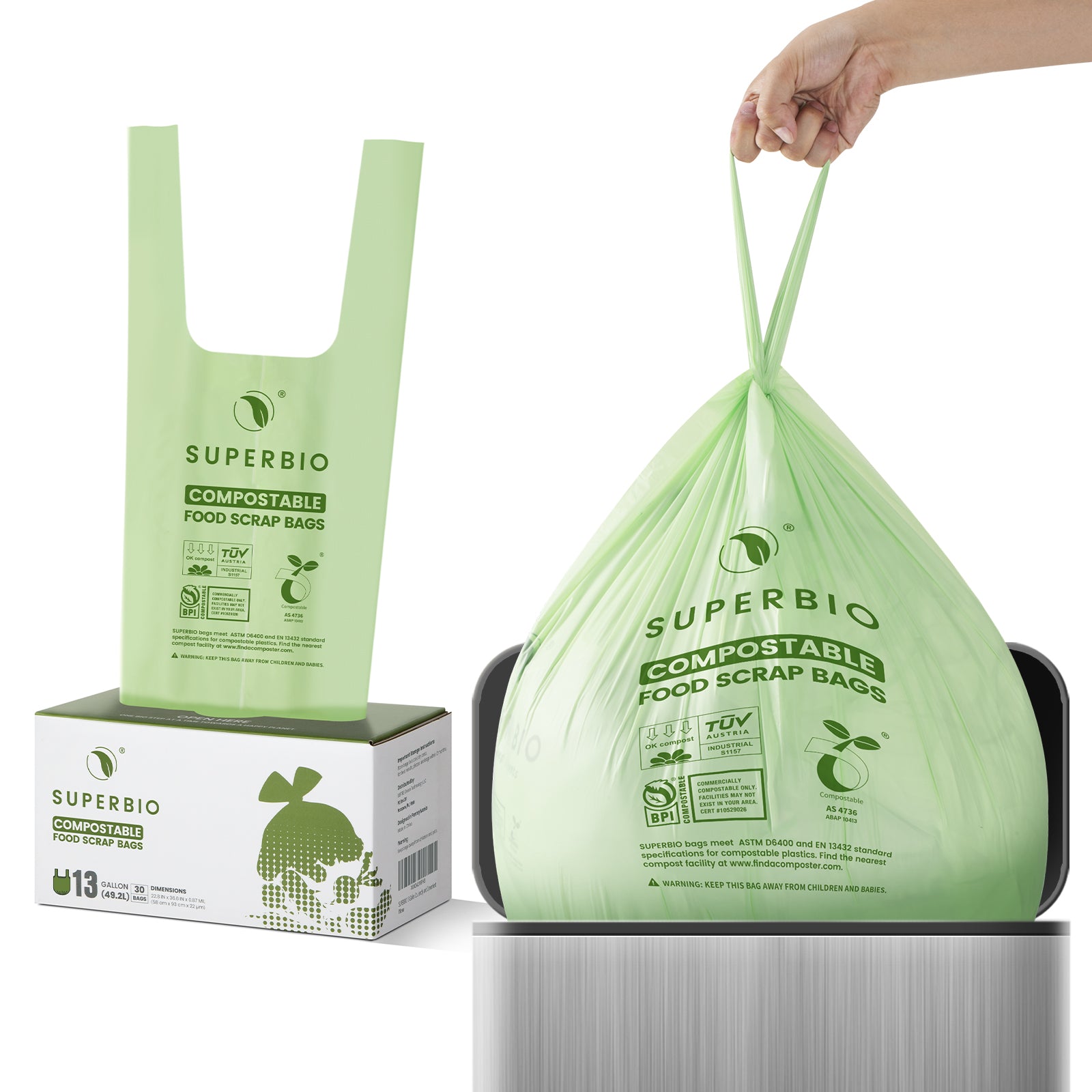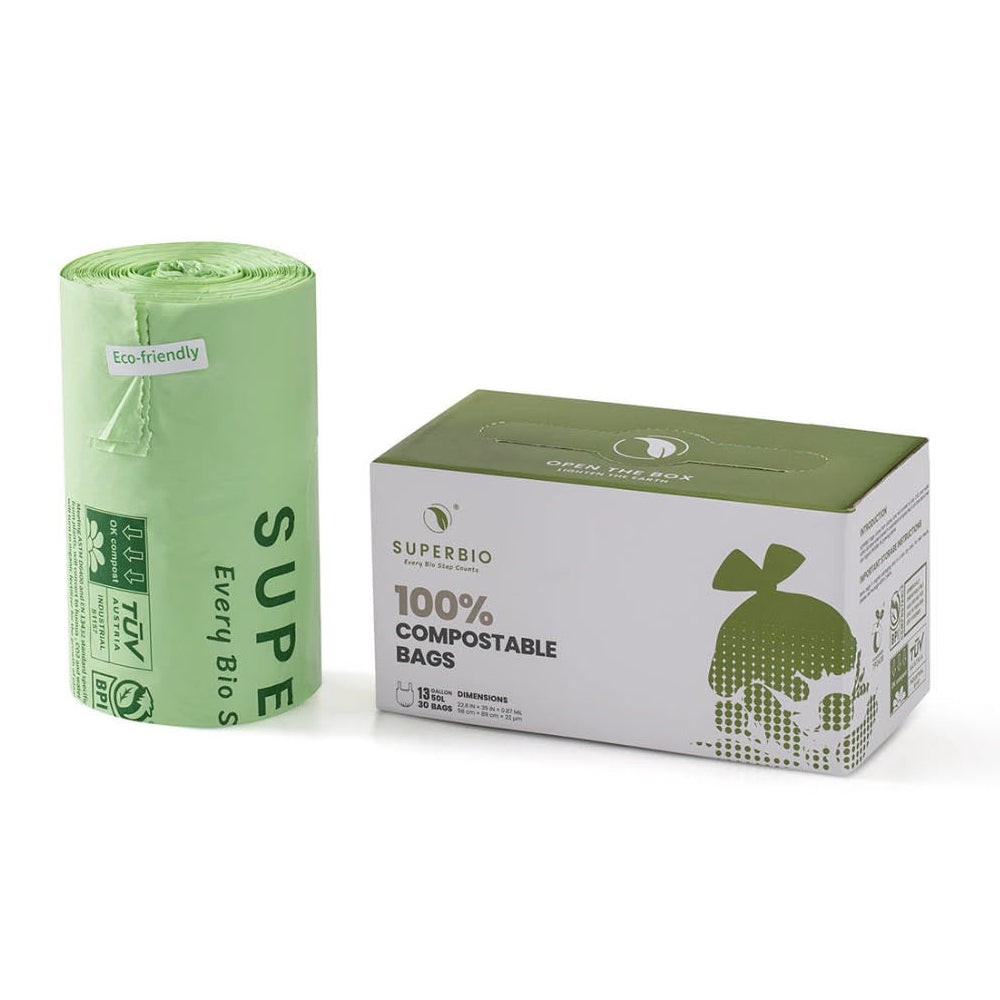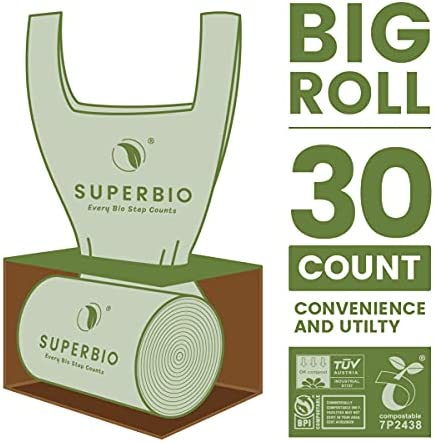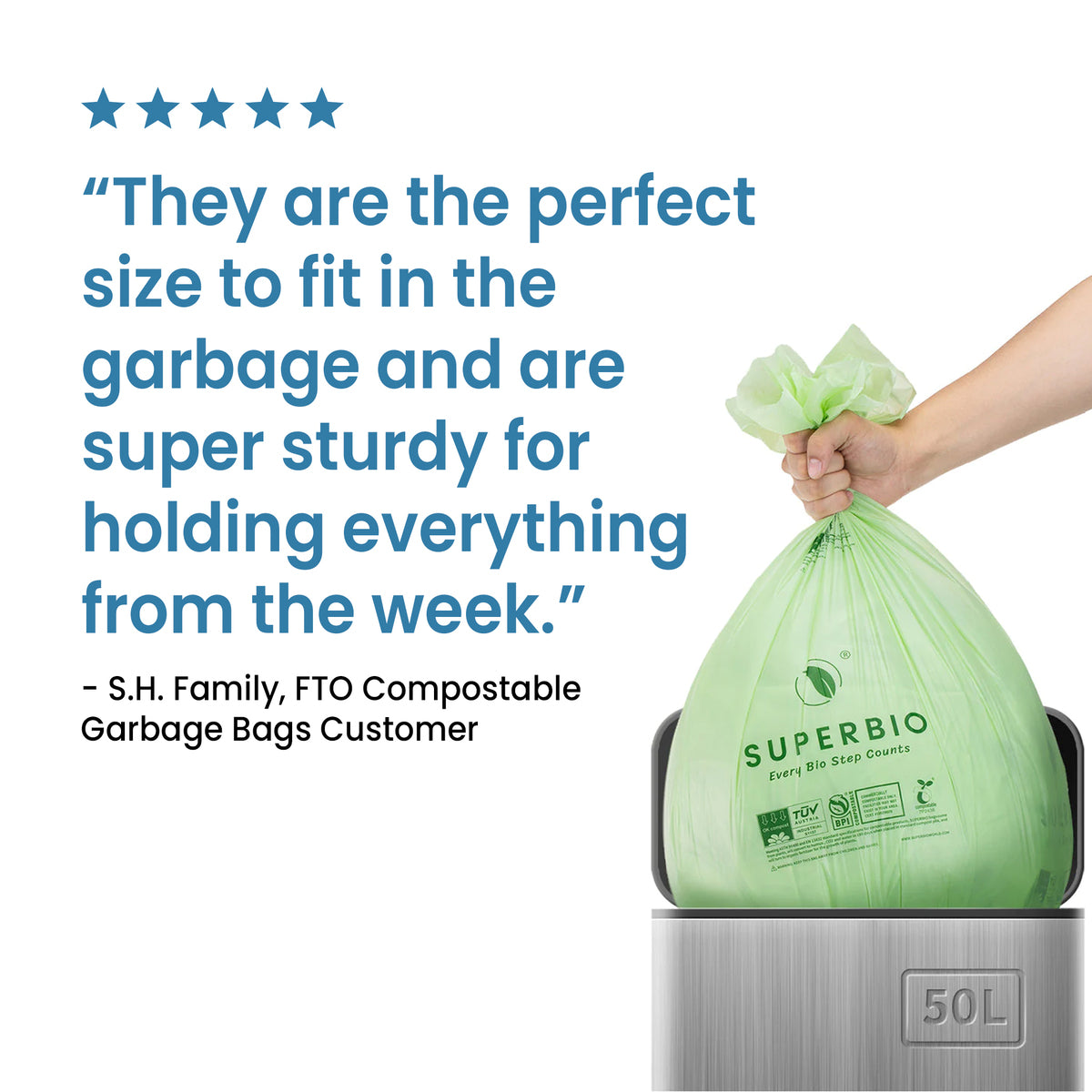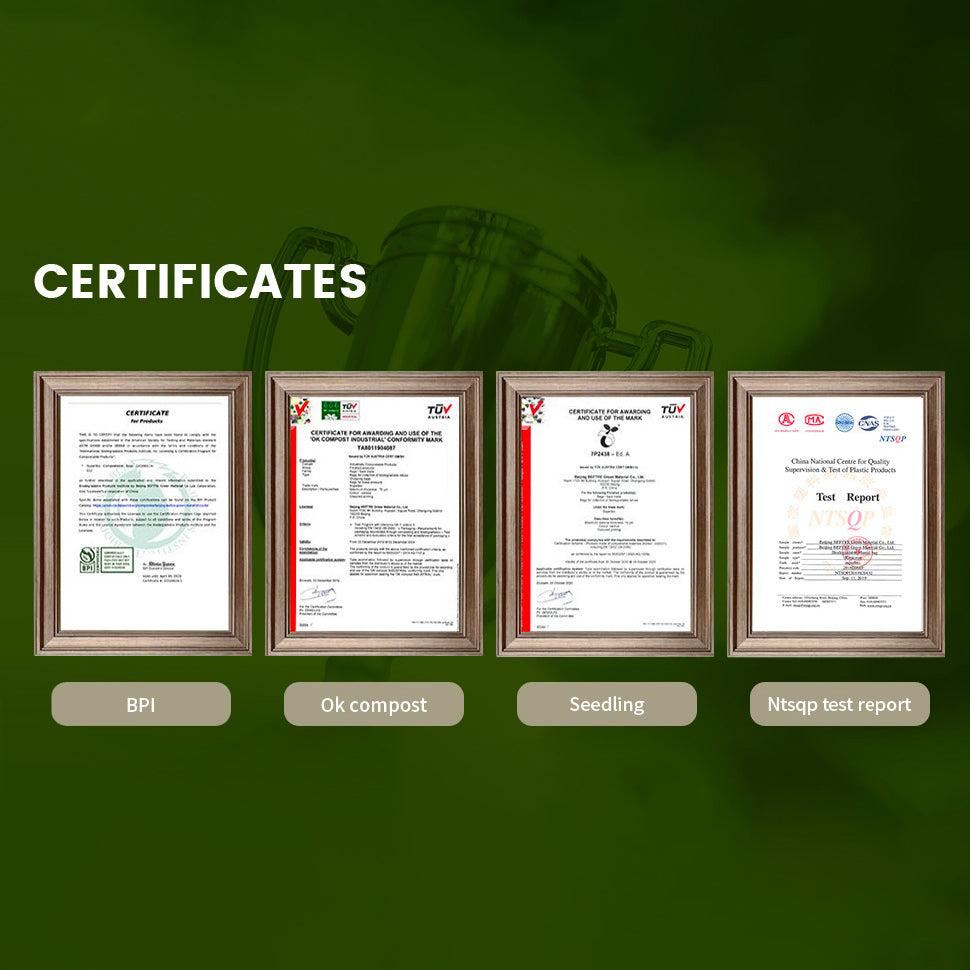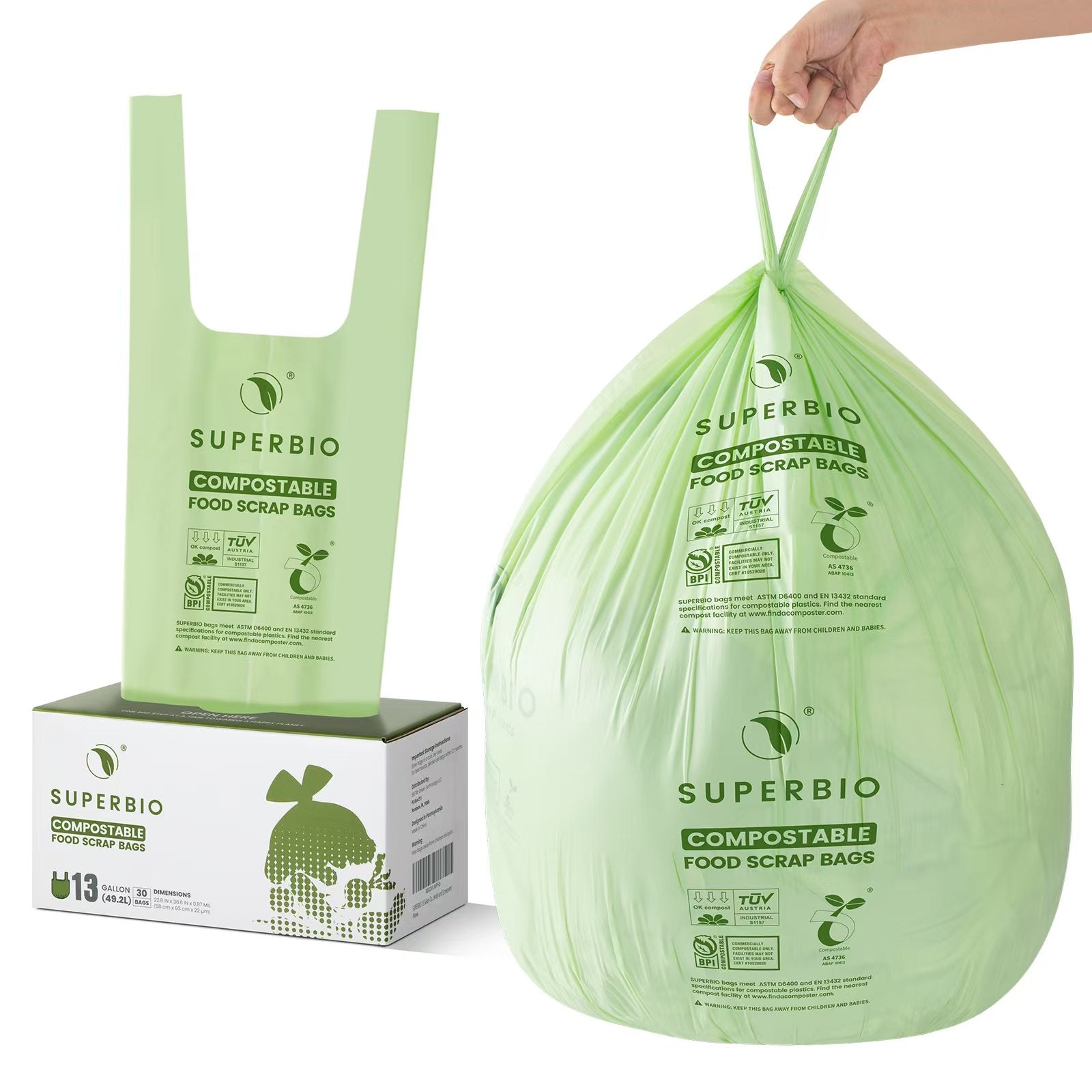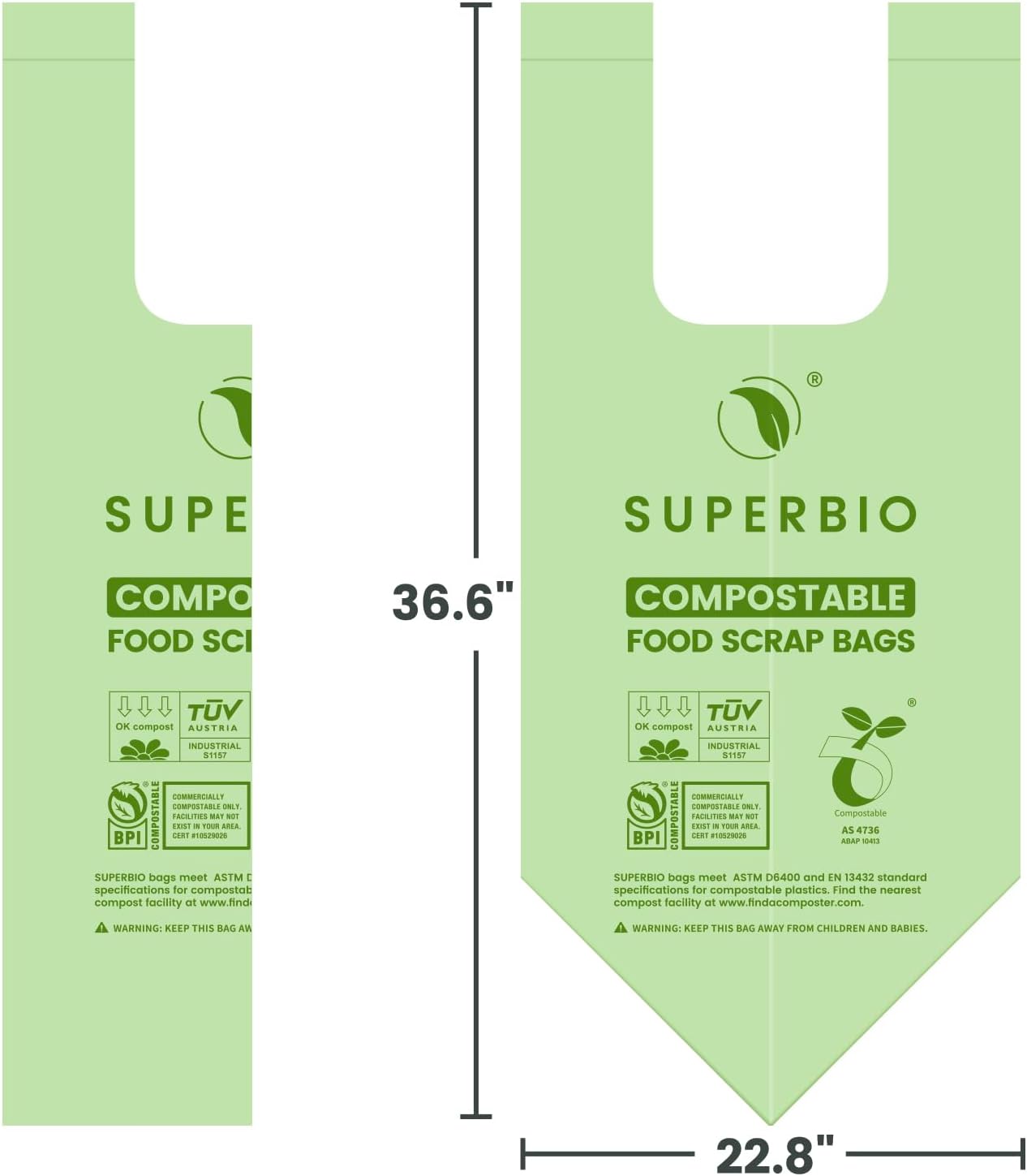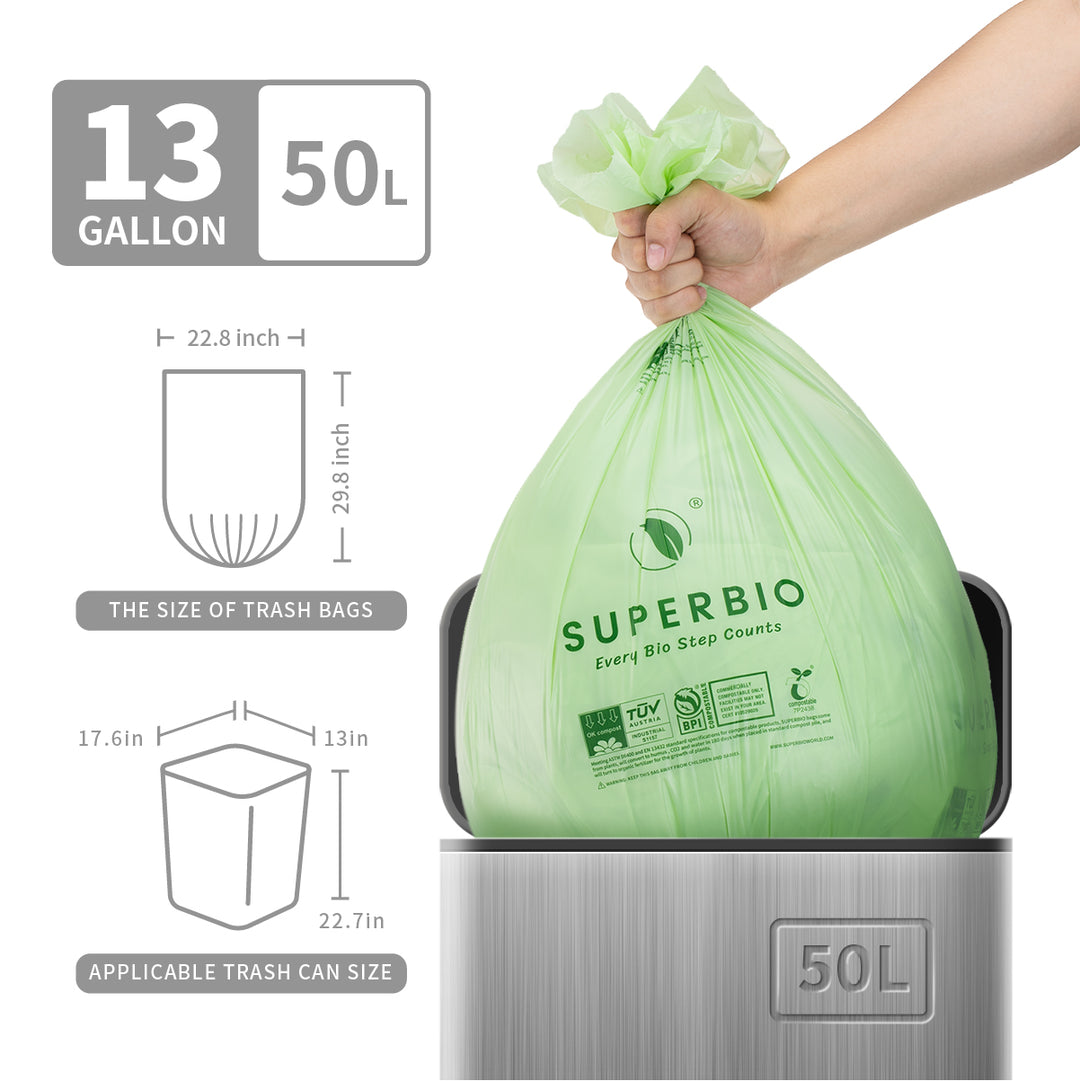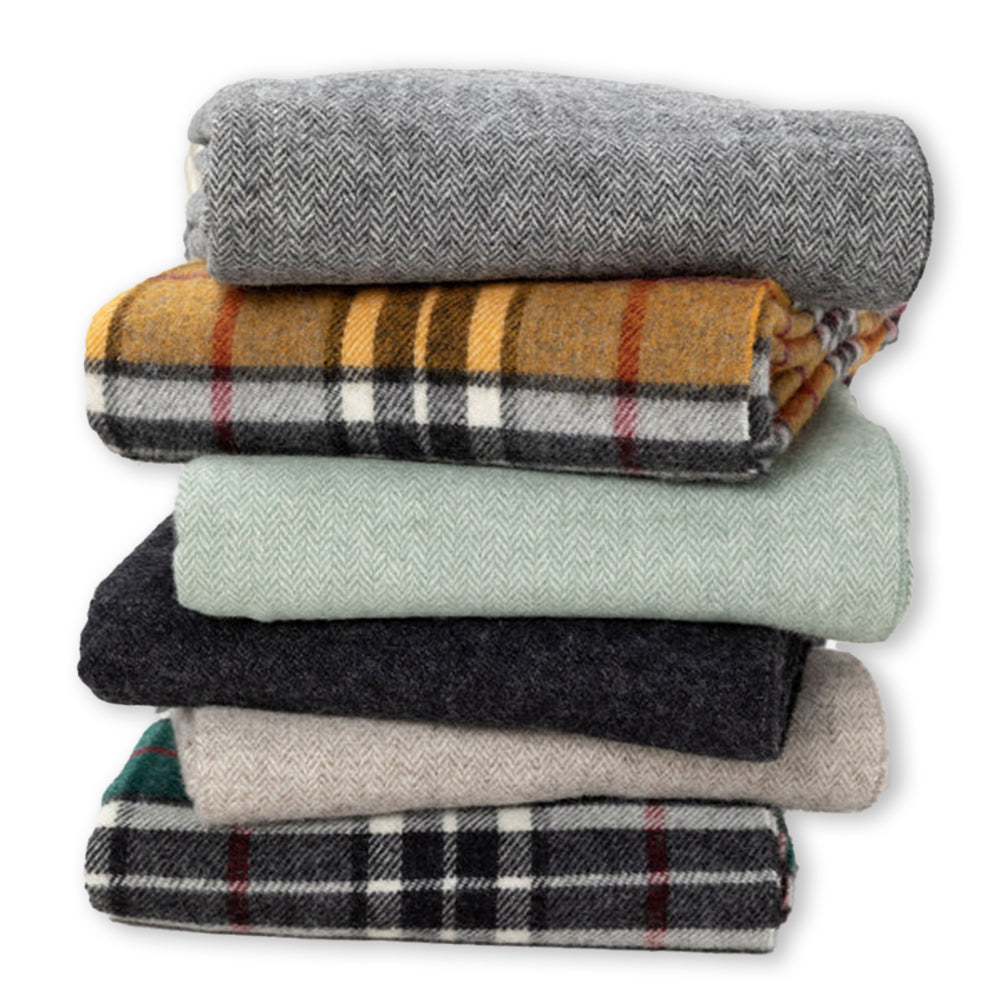Mexican Innovators Turn Avocado Waste Into Cutlery That Could Save the Oceans
Mexico’s avocado boom has a new side story. One company is turning discarded pits into knives, forks, spoons, and straws that break down far faster than plastic. The effort starts with industrial leftovers from guacamole and oil production and ends with table-ready cutlery that can handle hot soup or iced tea.
According to coverage of the program’s early ramp-up, the utensils naturally decompose in about 240 days, a sharp contrast with conventional plastics that linger for decades, Green Matters reports.

Mexico produces half of the world’s avocados.
Why Avocado Pits
Mexico produces an enormous share of the world’s avocados, so the country faces a steady stream of pit waste. Redirecting those seeds into bioplastic avoids burning or landfilling them and keeps more petroleum-based plastic out of circulation, My Modern Met reports. The company’s process taps a biopolymer found in the pits and blends it into a resin that can be molded into sturdy, food-safe items. The resulting material supports both hot and cold uses, giving it the feel and performance people expect from plastic without the long tail of pollution.

Avocado pits were once burned or landfilled.
The Material and the Products
The resin—marketed as a bioplastic—mixes roughly 60% avocado seed content with 40% organic compounds that improve durability and manufacturability, according to The Manual. Beyond cutlery and straws, the company sells clamshells, plates, and bio-based containers designed to replace polystyrene, polyethylene, and polypropylene—materials commonly linked to marine litter, The Organic Magazine reports.
Decomposition and Disposal
The reported breakdown window—about eight months in natural conditions—means these items can degrade outside industrial composting, a key difference from many plant-based plastics that require high-heat facilities. That distinction, Green Matters reports, makes the avocado-seed products more likely to return to the environment without leaving persistent fragments. The company offers both “biodegradable” items designed to break down in typical conditions and “compostable” lines for bin collection, according to Green Is You.
Proper storage matters too; cutlery kept cool and dry remains shelf-stable about a year before biodegrading.

Mexico’s avocado boom fuels the raw material supply.
Scale, Certifications, and Reach
What began as a lab discovery matured into a patented process and production runs measured in the hundreds of tons per month. The company’s products carry FDA compliance and are BPA-free, with third-party certifications from SGS and TÜV Austria, The Organic Magazine reports.
Demand is international. Orders ship to the United States, Canada, the United Kingdom, much of Europe, and parts of Latin America, while restaurant adoption and bulk purchasing pathways are also on the rise, according to Green Matters.

Avocado-based utensils reduce marine plastic waste.
Why It Matters for Oceans
Single-use plastics clog rivers, drift into estuaries, and scatter across beaches. Replacing some of those items with a material that reliably breaks down reduces the load headed for coastal ecosystems. By sourcing from agro-waste, the model also avoids pressure on food crops and trims emissions associated with virgin plastic production, according to The Manual.
The result is simple: fewer fossil-based forks in the surf, more value pulled from what used to be trash.


























































































